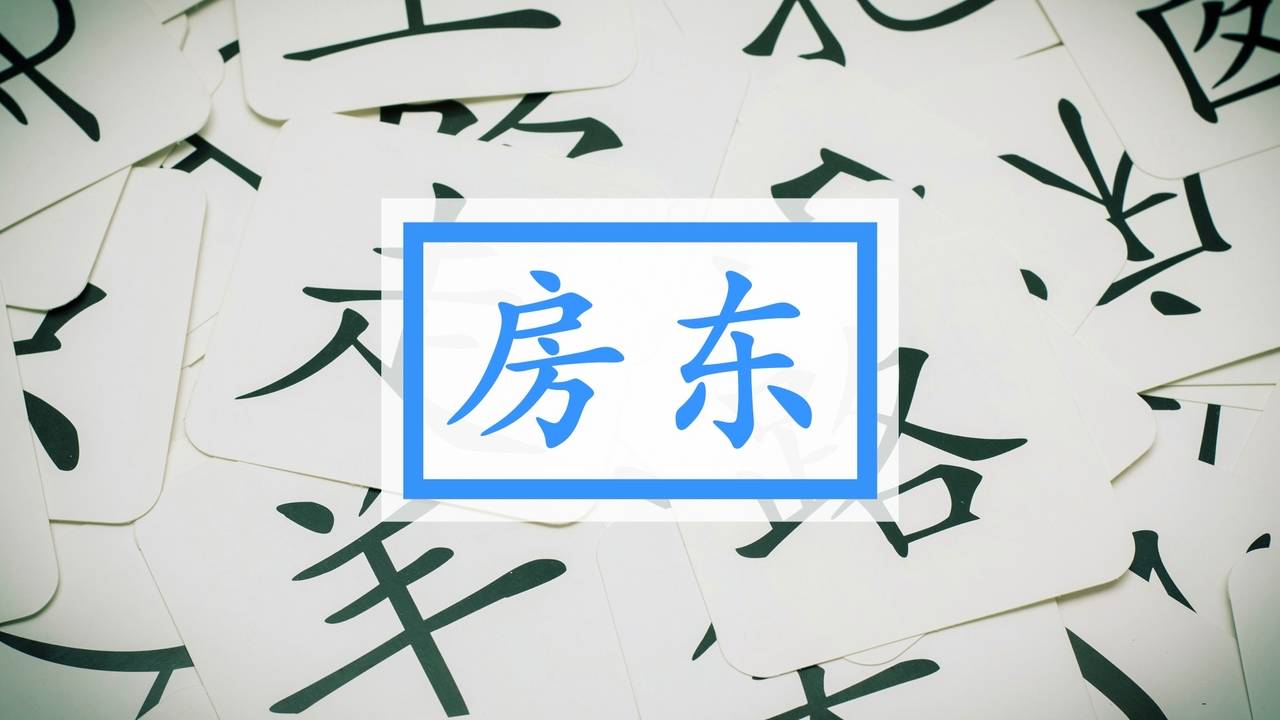
Level 35 - Vocab in Context
39 Lessons
1
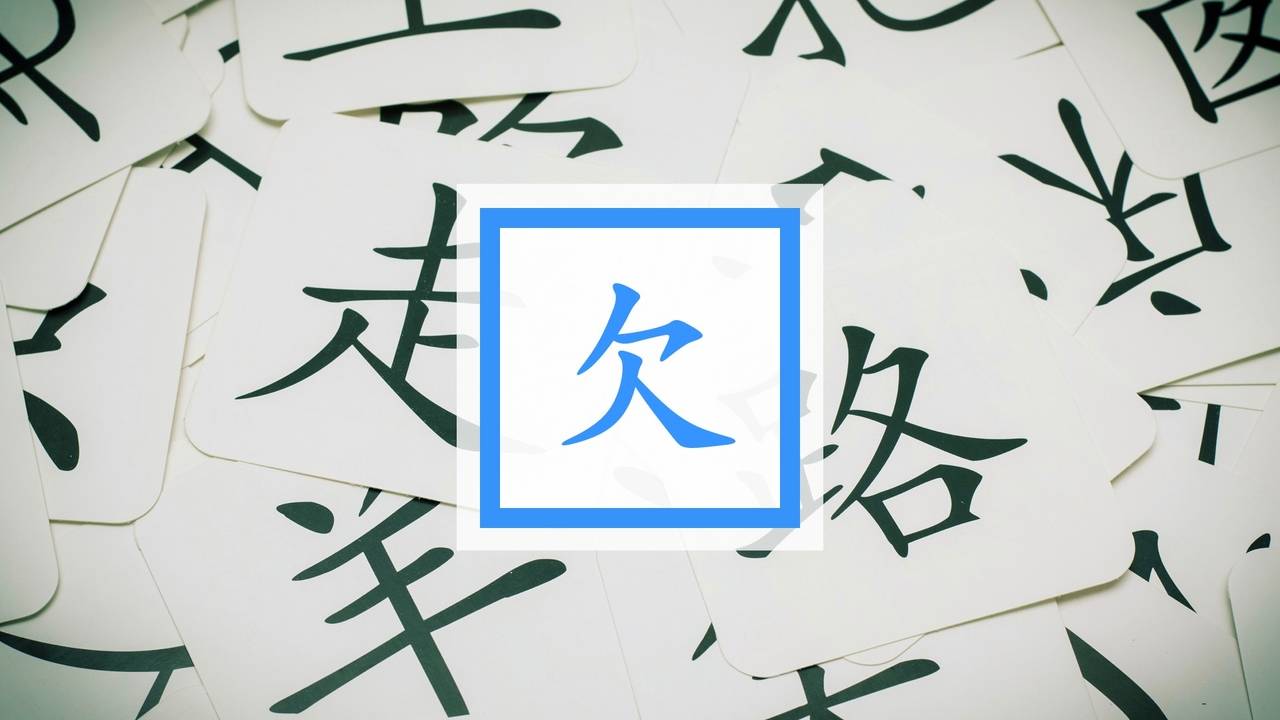
欠 in Context
2
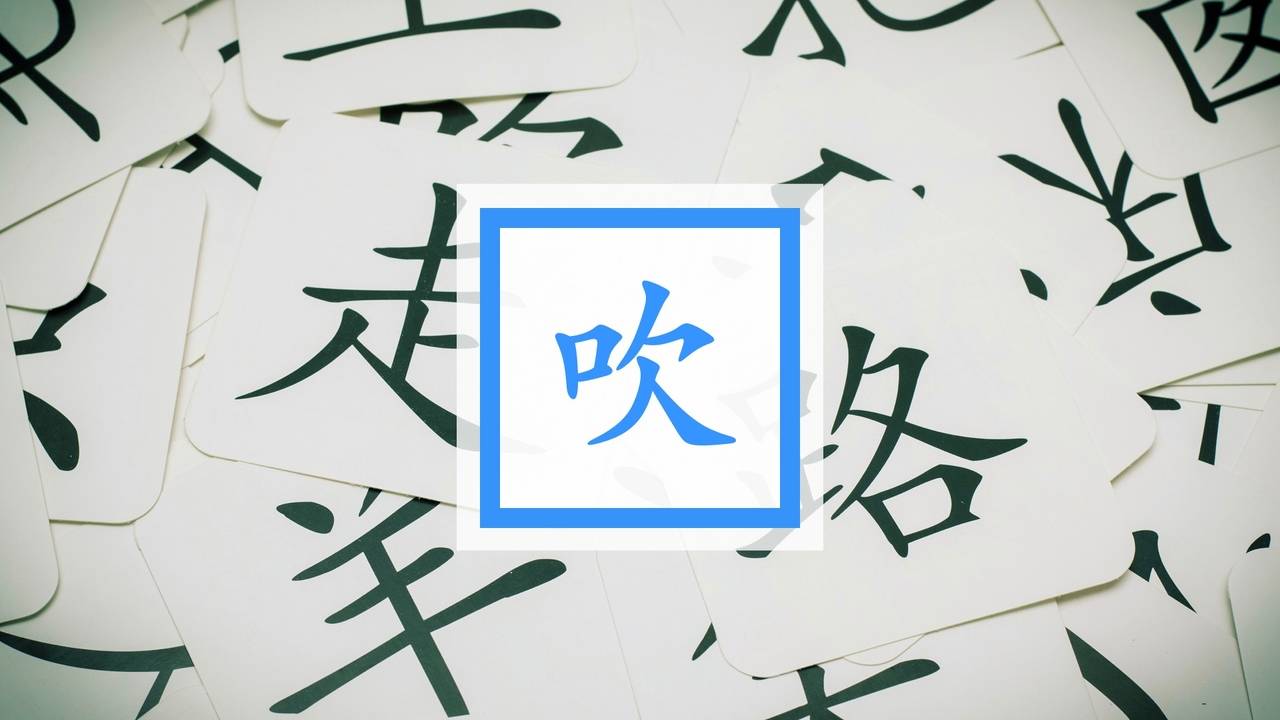
吹 in Context
3
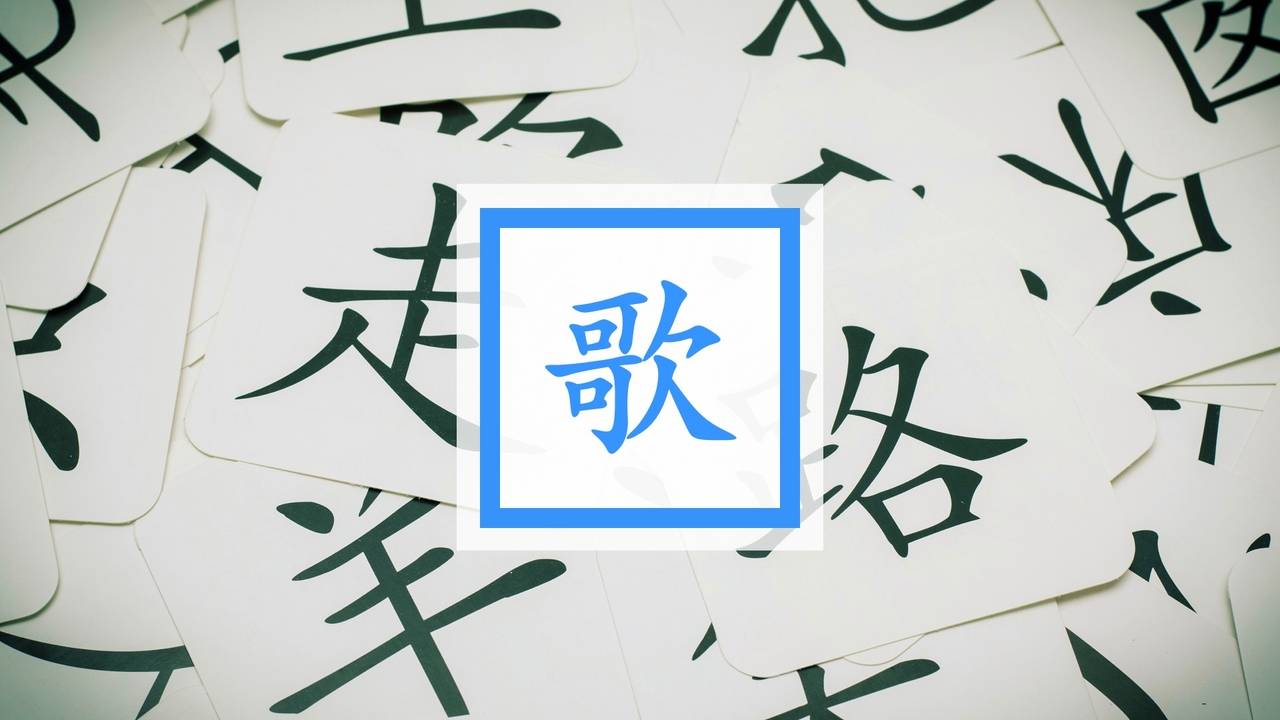
歌 in Context
4
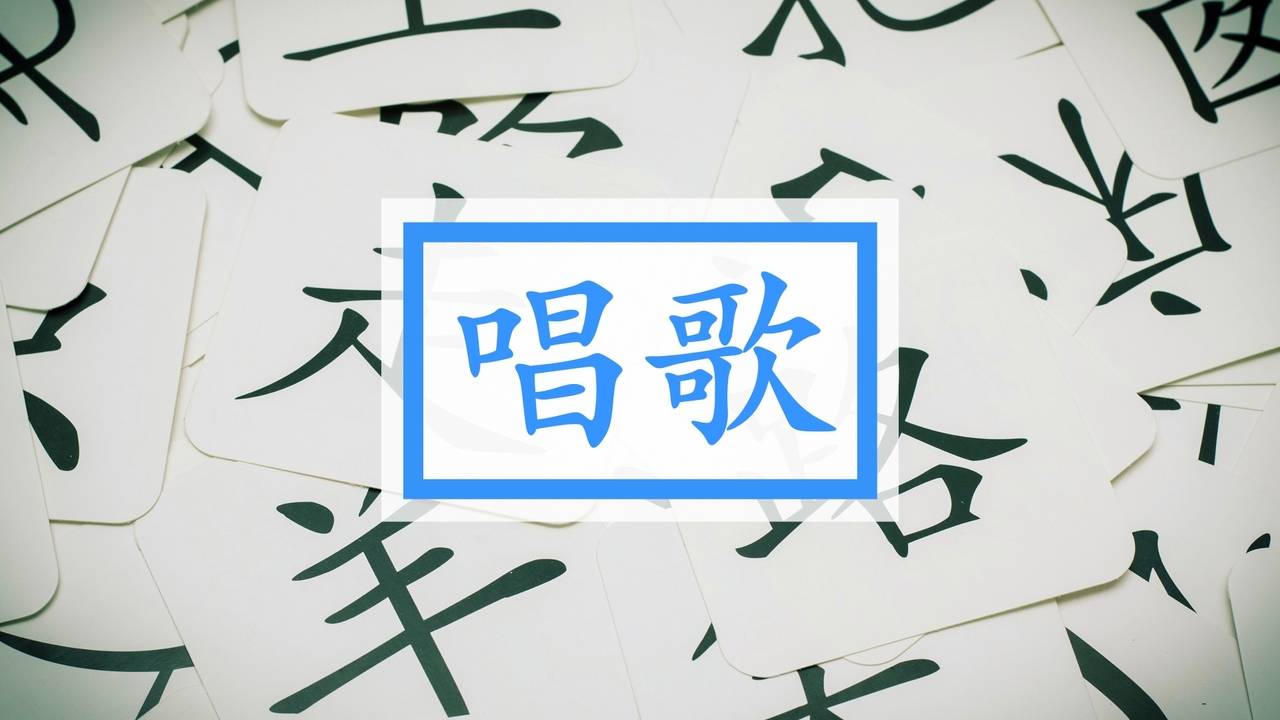
唱歌 in Context
5
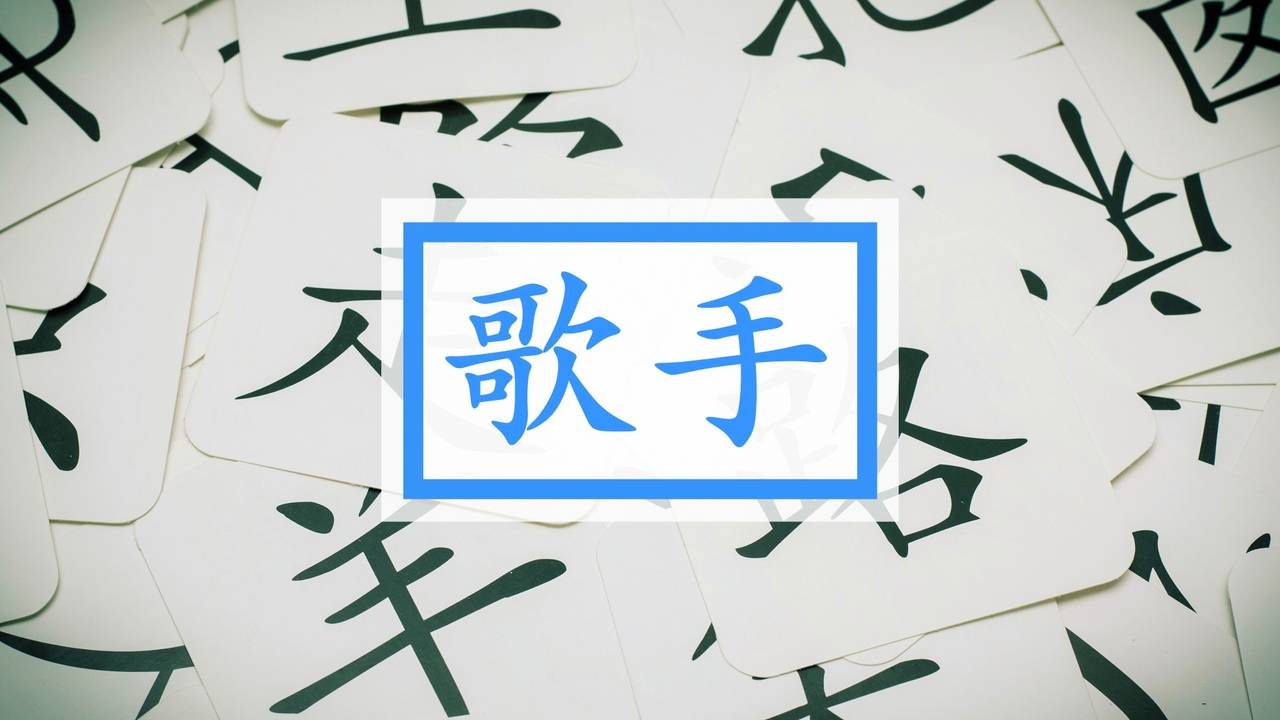
歌手 in Context
6
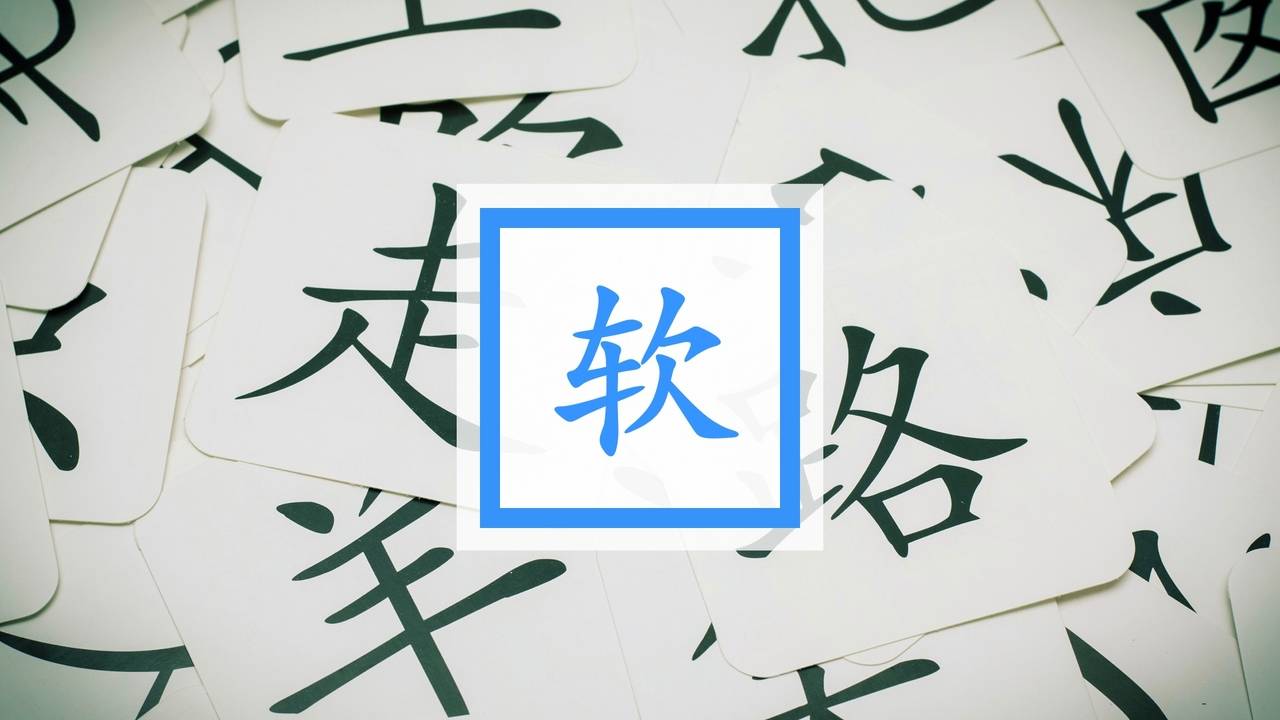
软 in Context
7
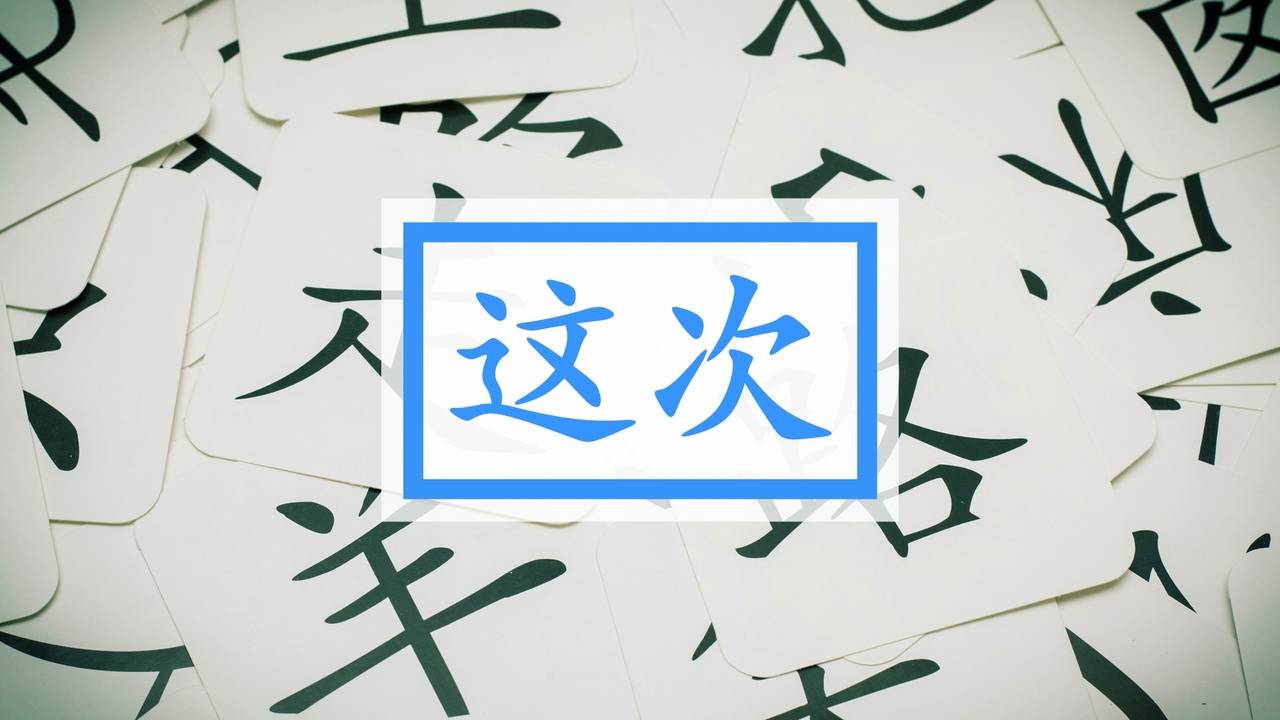
这次 in Context
8

那次 in Context
9
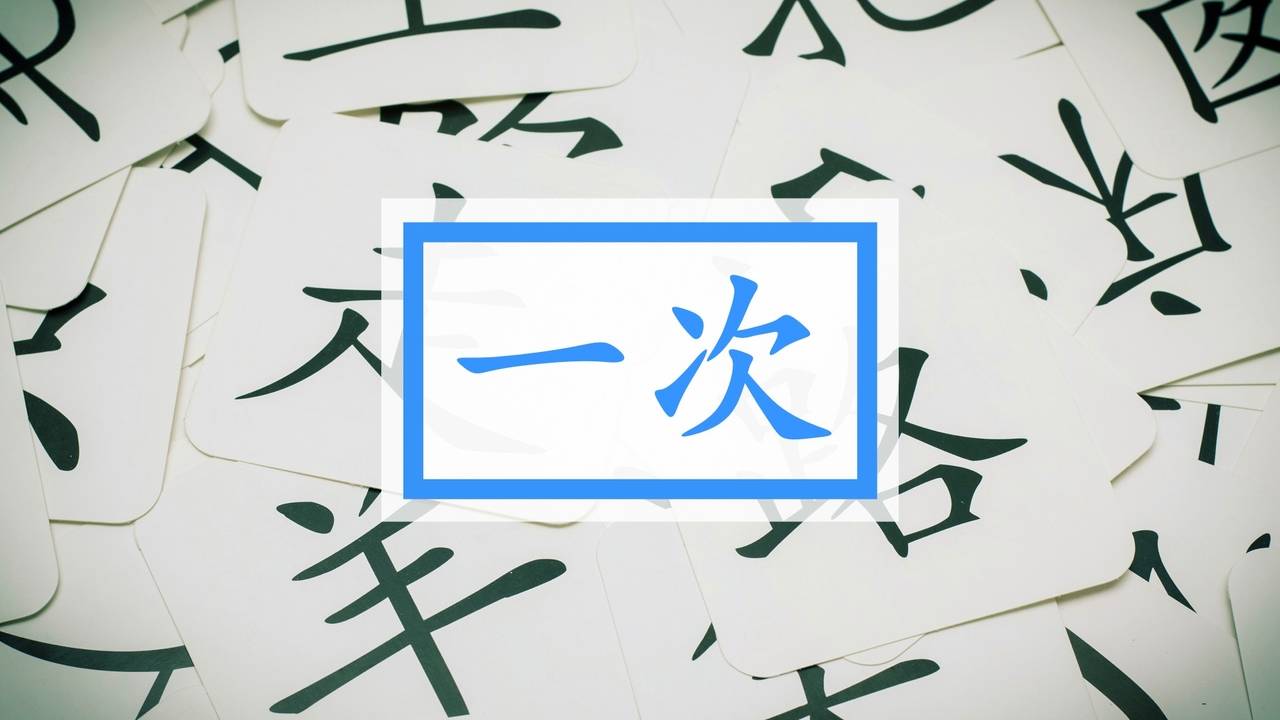
一次 in Context
10
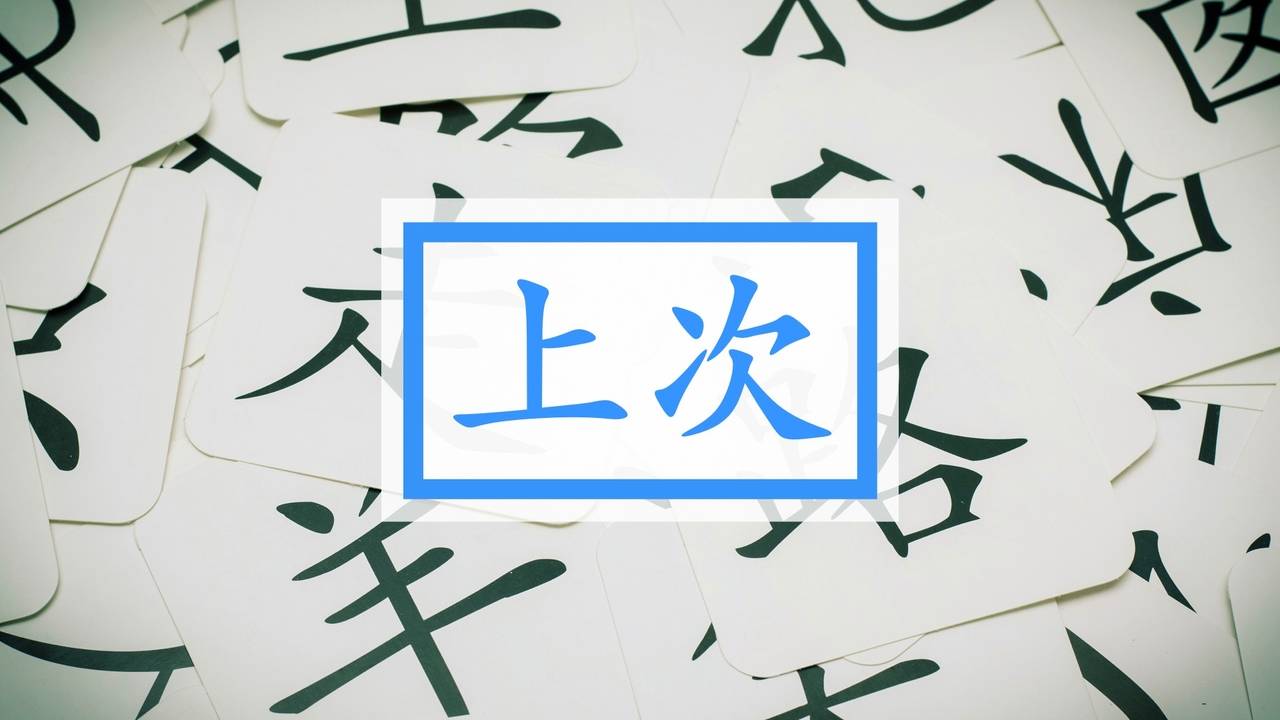
上次 in Context
11
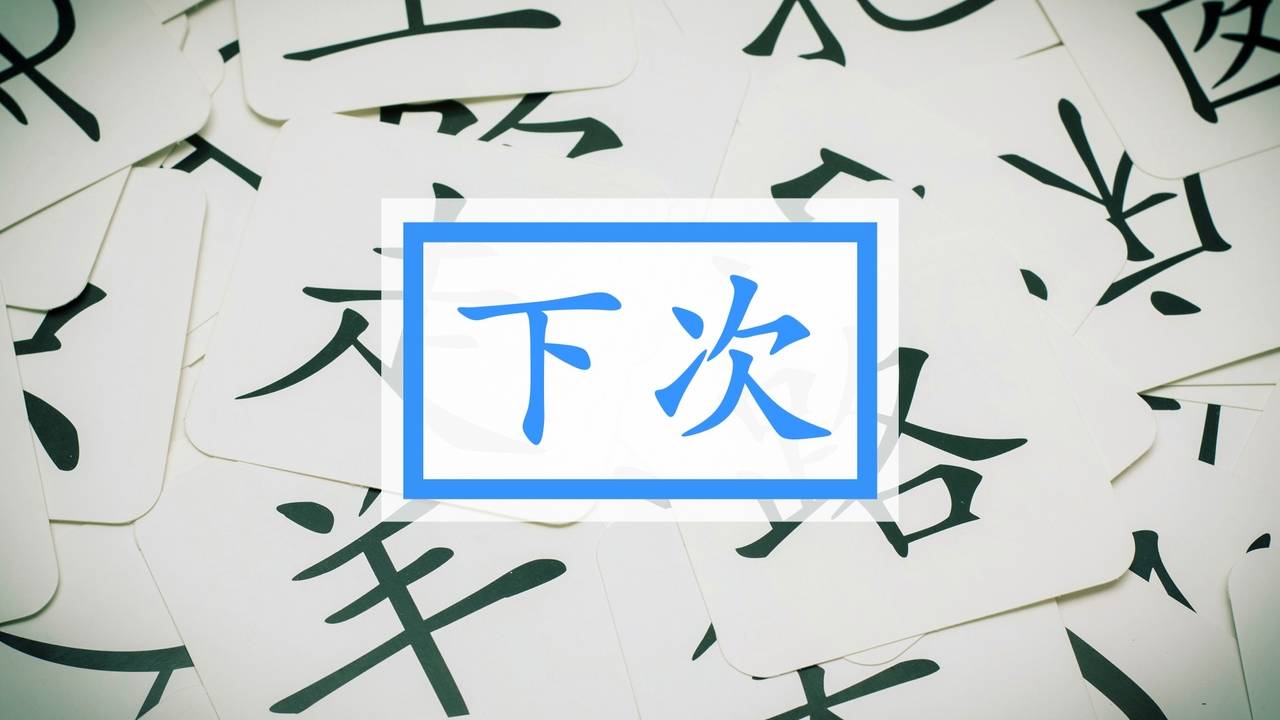
下次 in Context
12
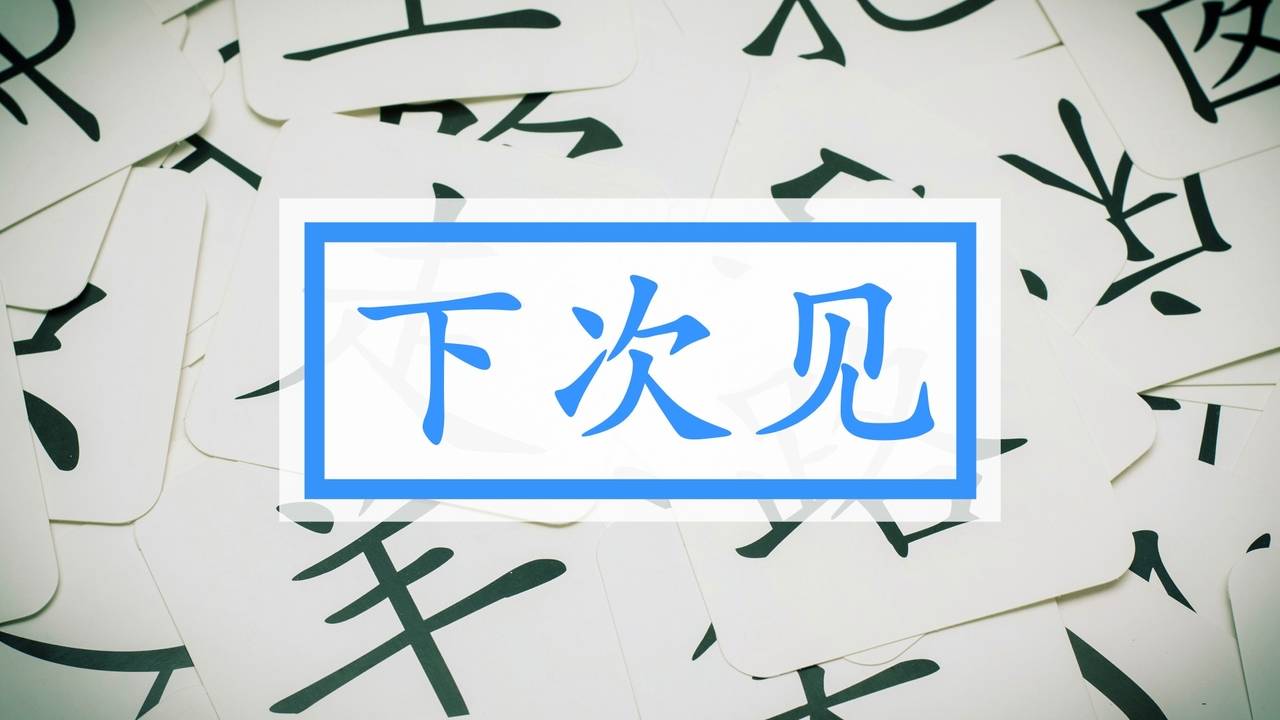
下次见 in Context
13
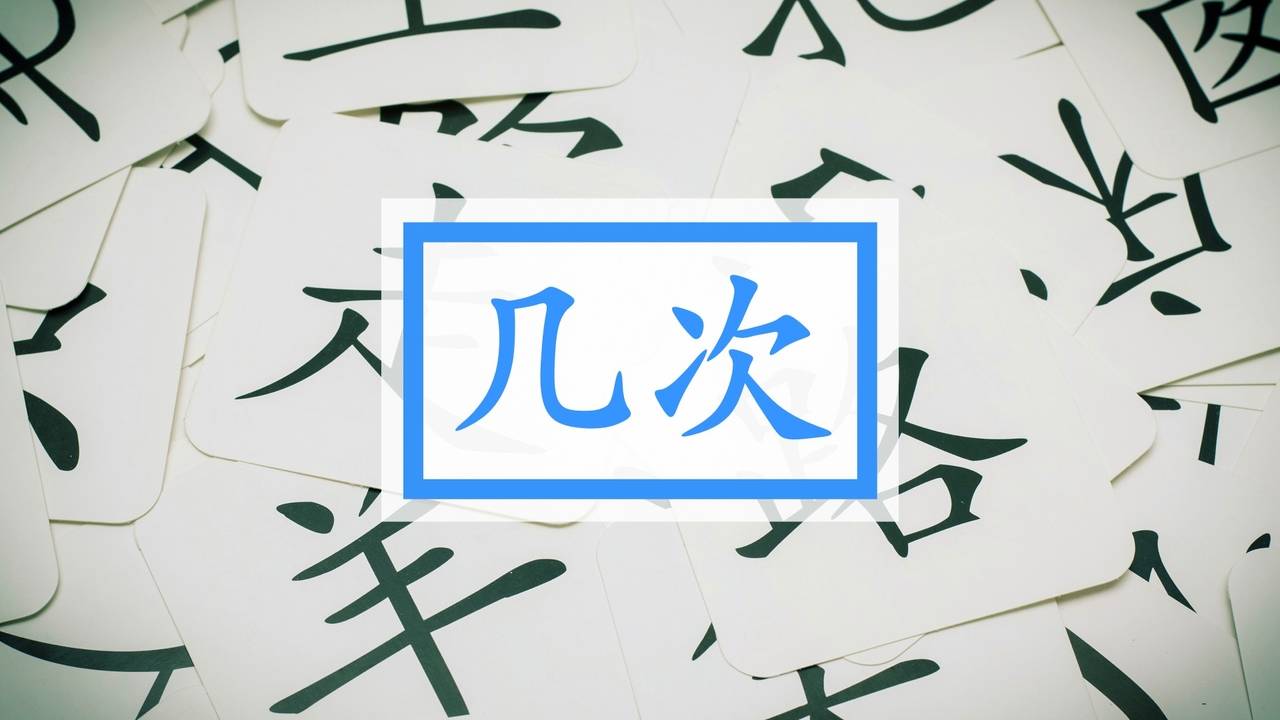
几次 in Context
14
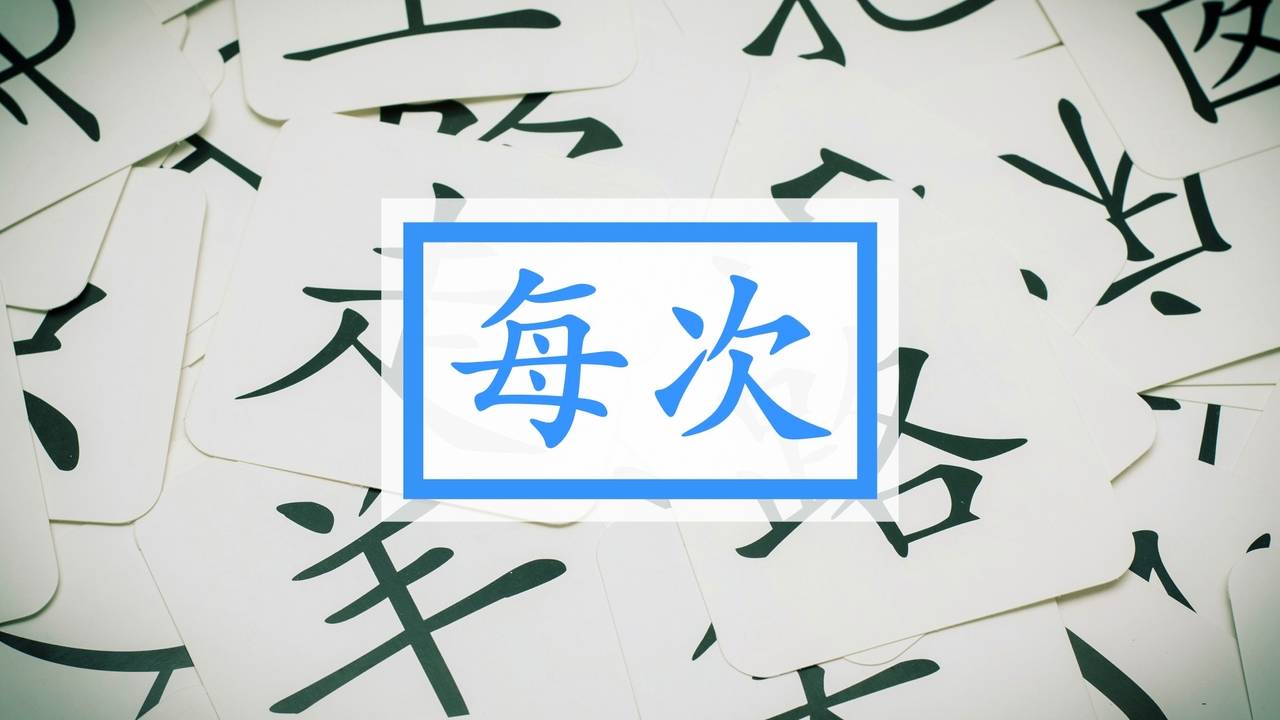
每次 in Context
15
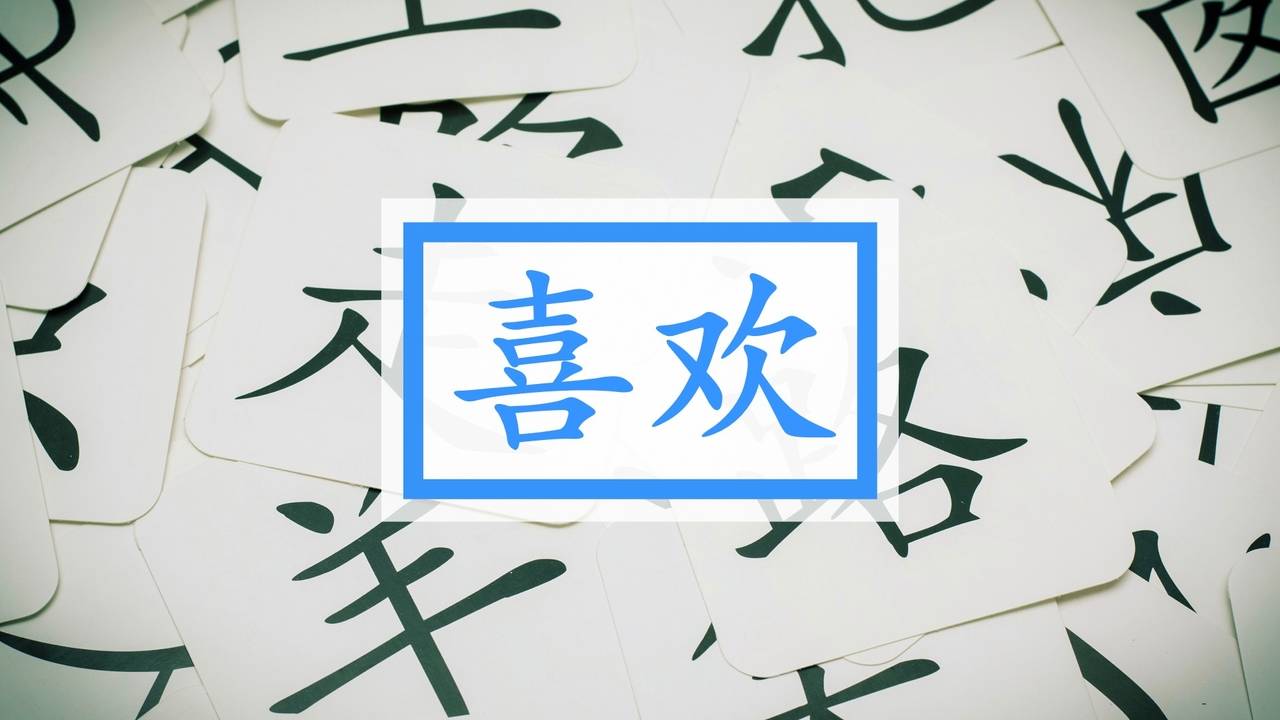
喜欢 in Context
16
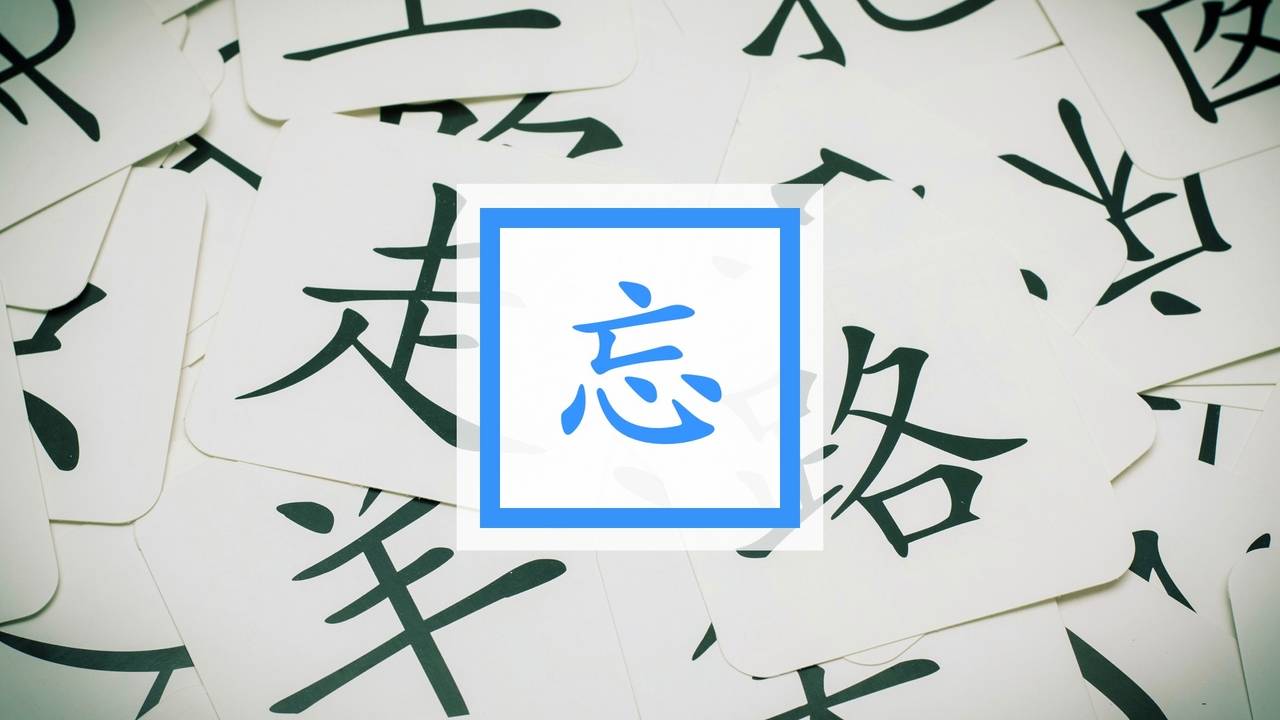
忘 in Context
17
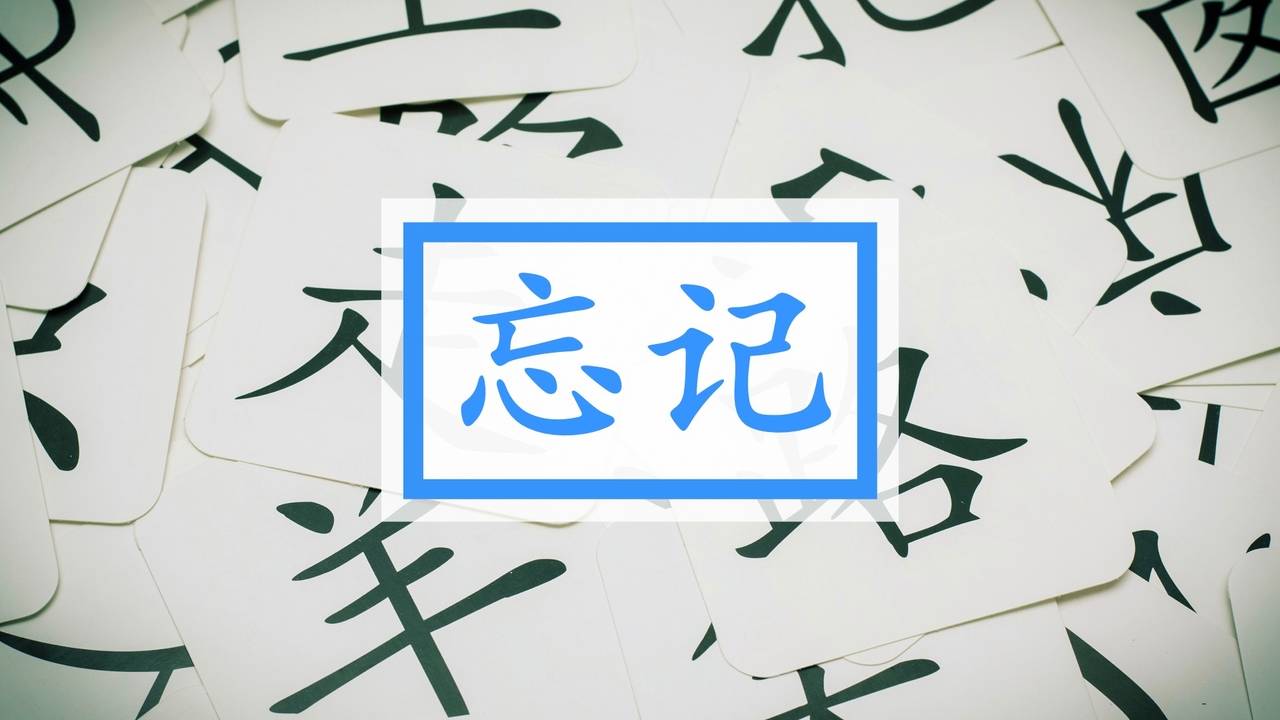
忘记 in Context
18
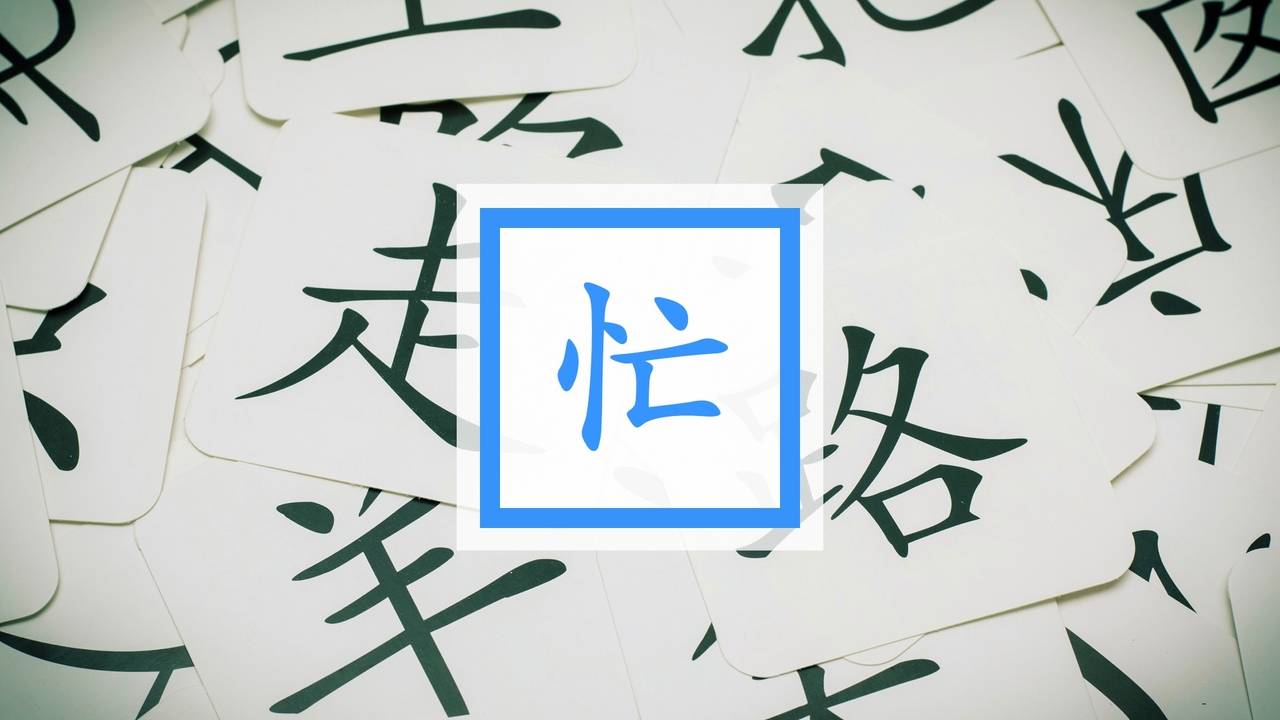
忙 in Context
19
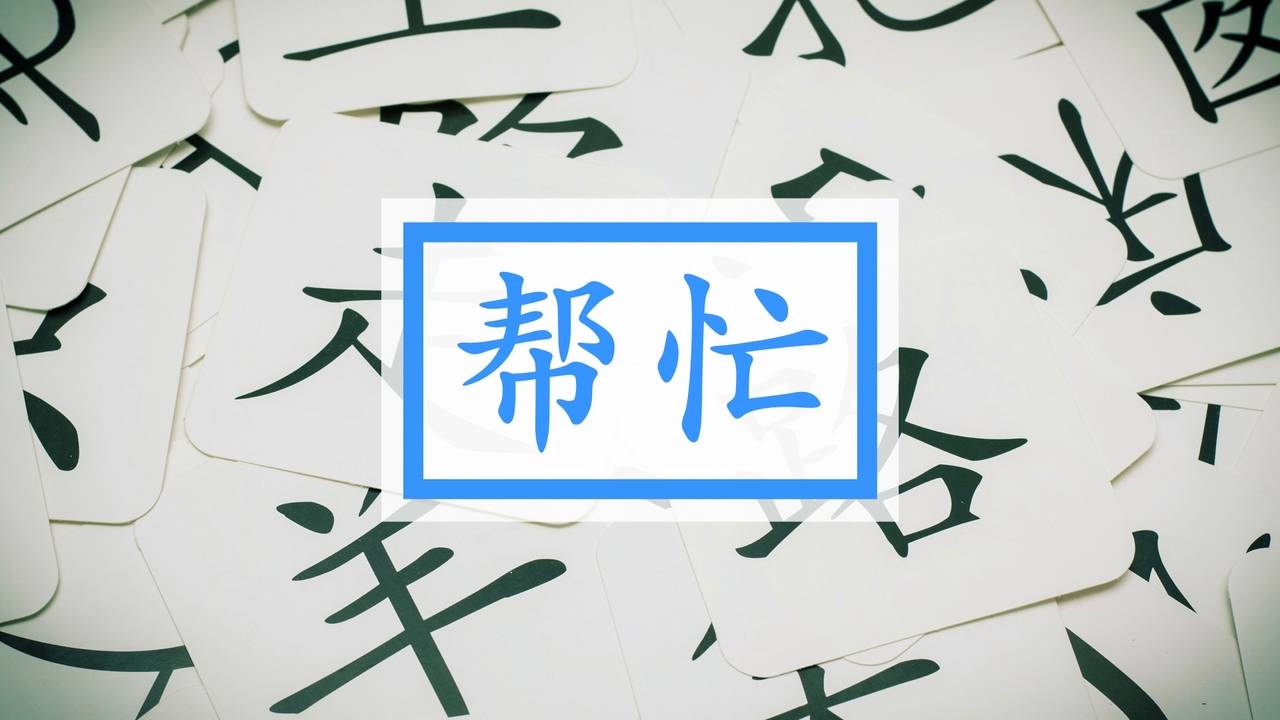
帮忙 in Context
20
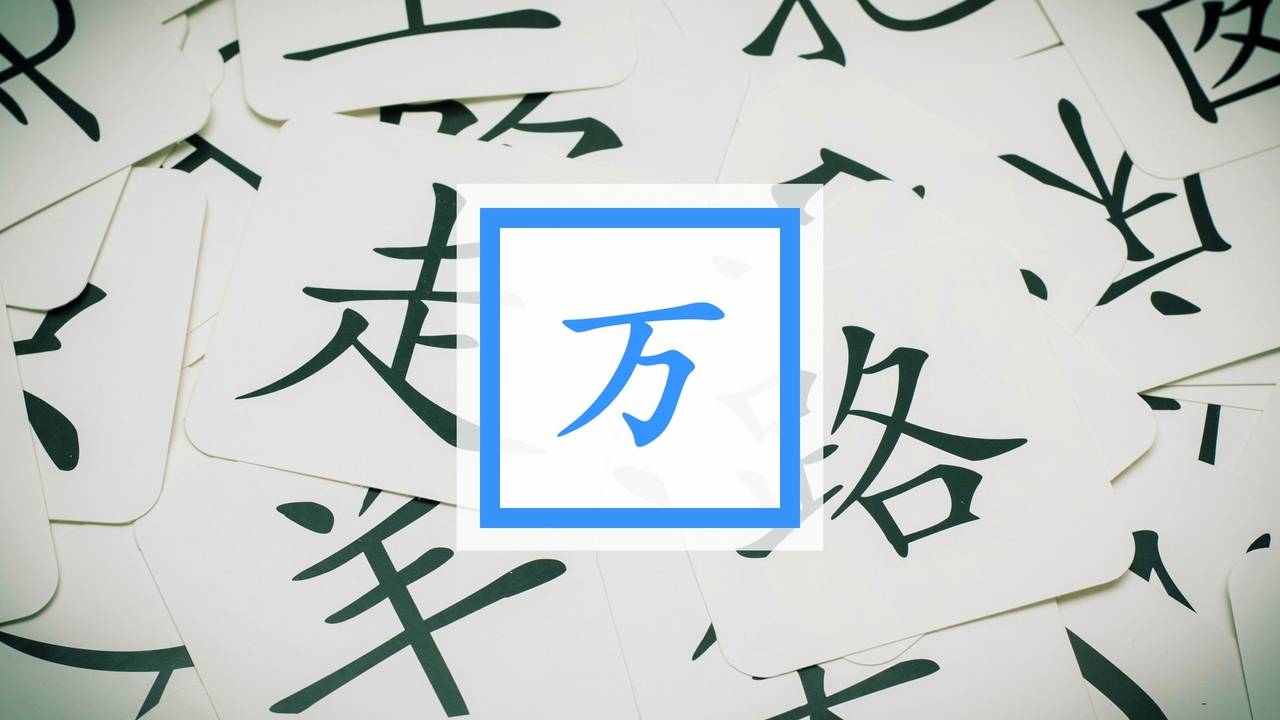
万 in Context
21
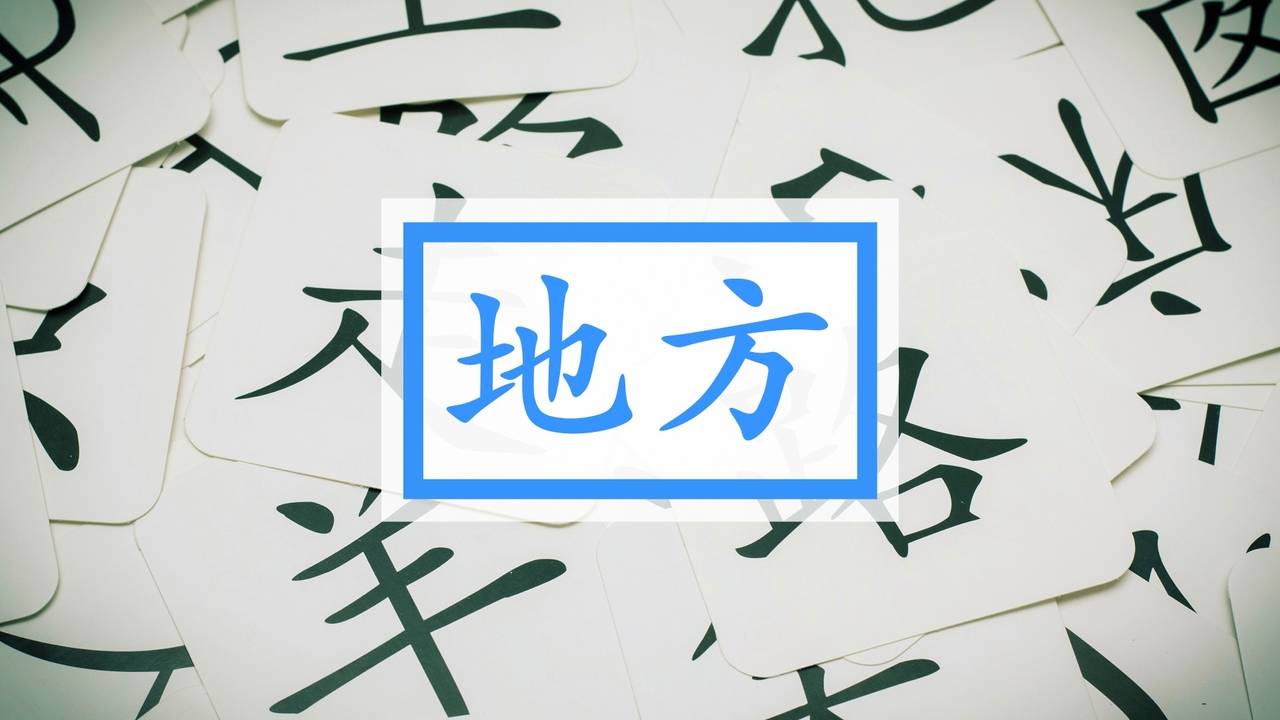
地方 in Context
22
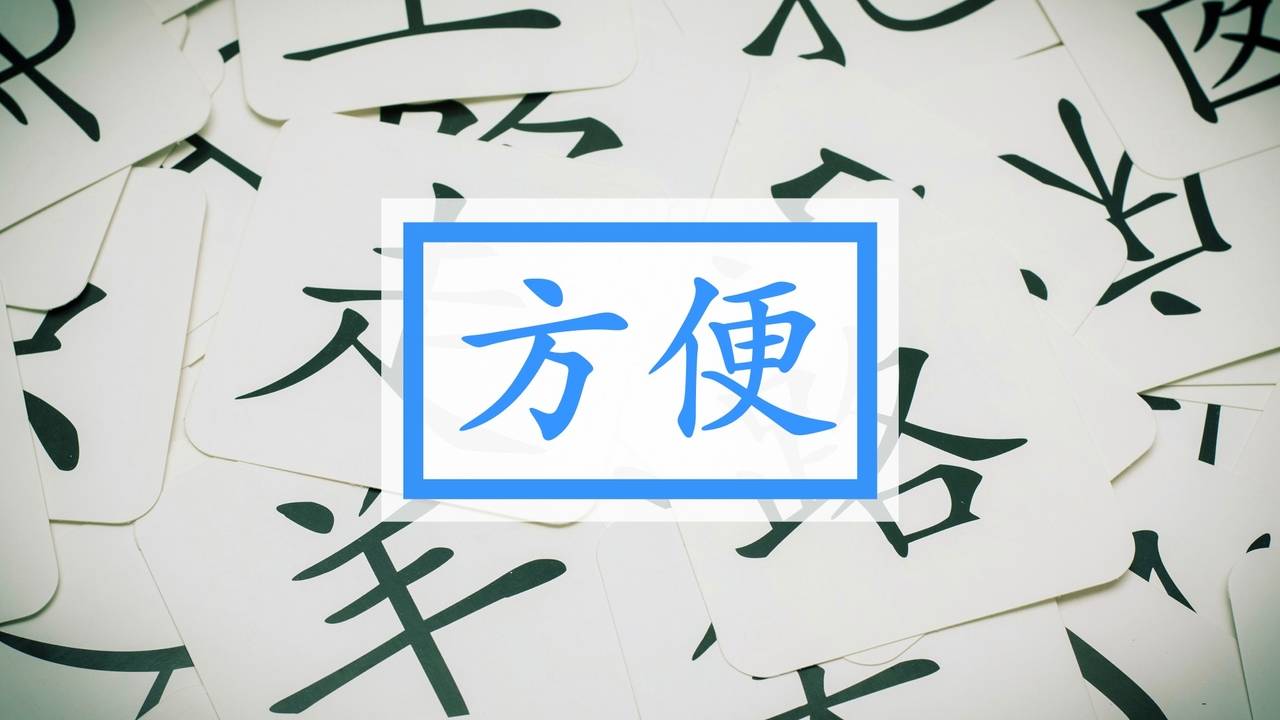
方便 in Context
23
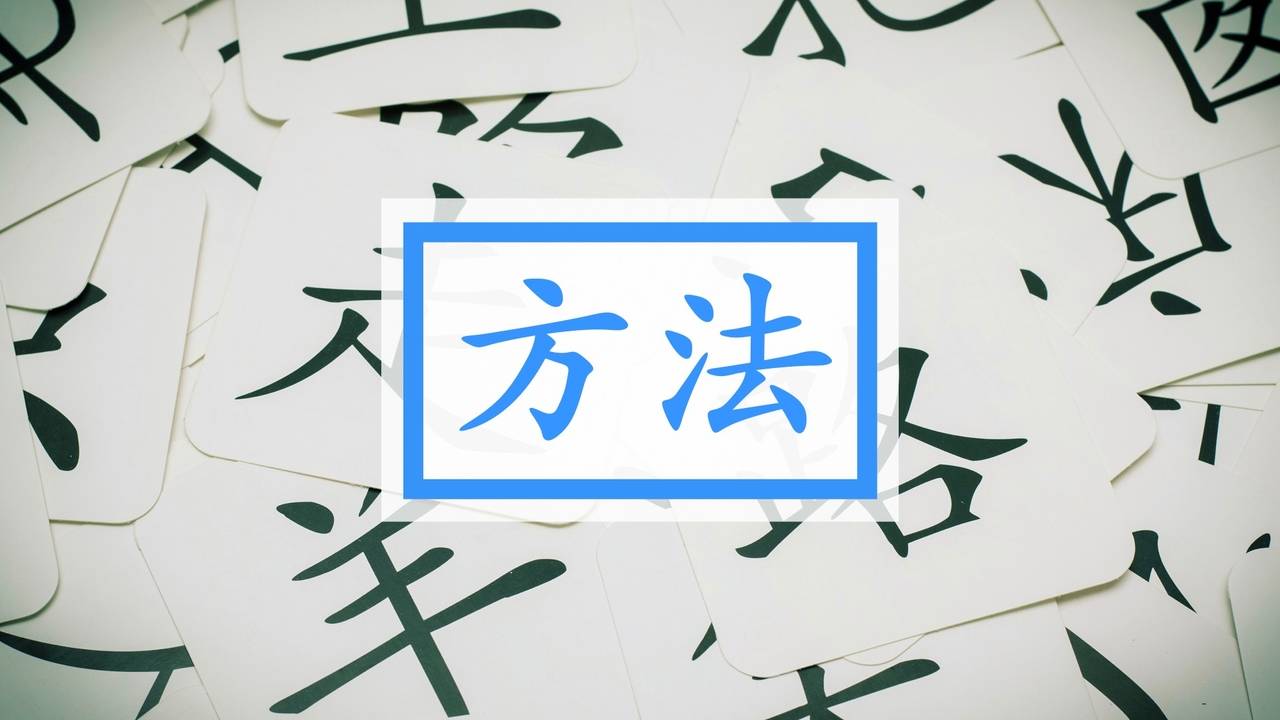
方法 in Context
24
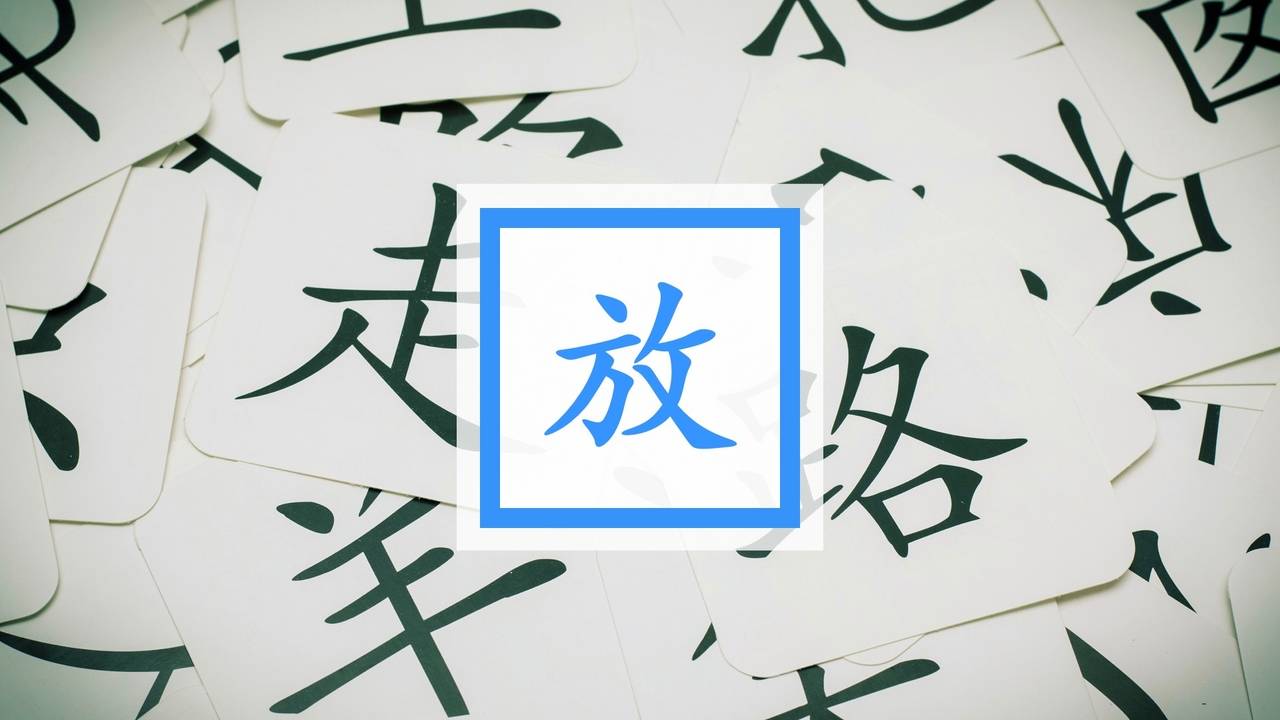
放 in Context
25
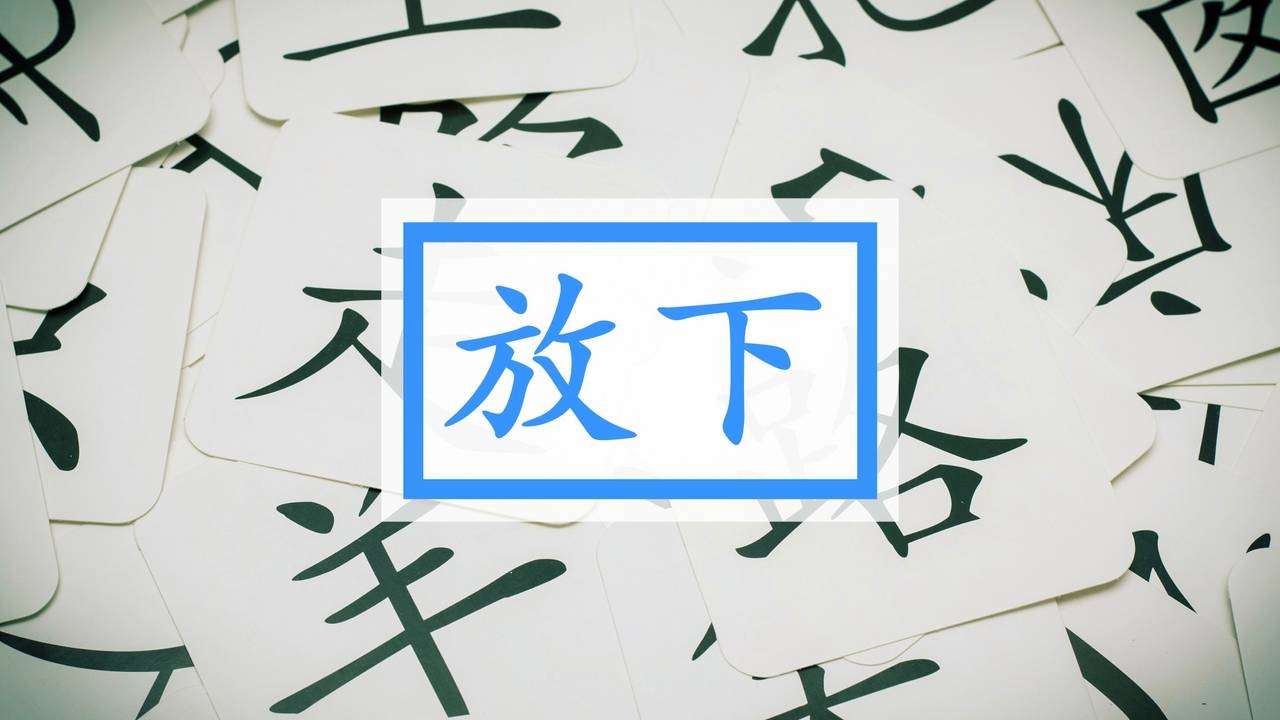
放下 in Context
26
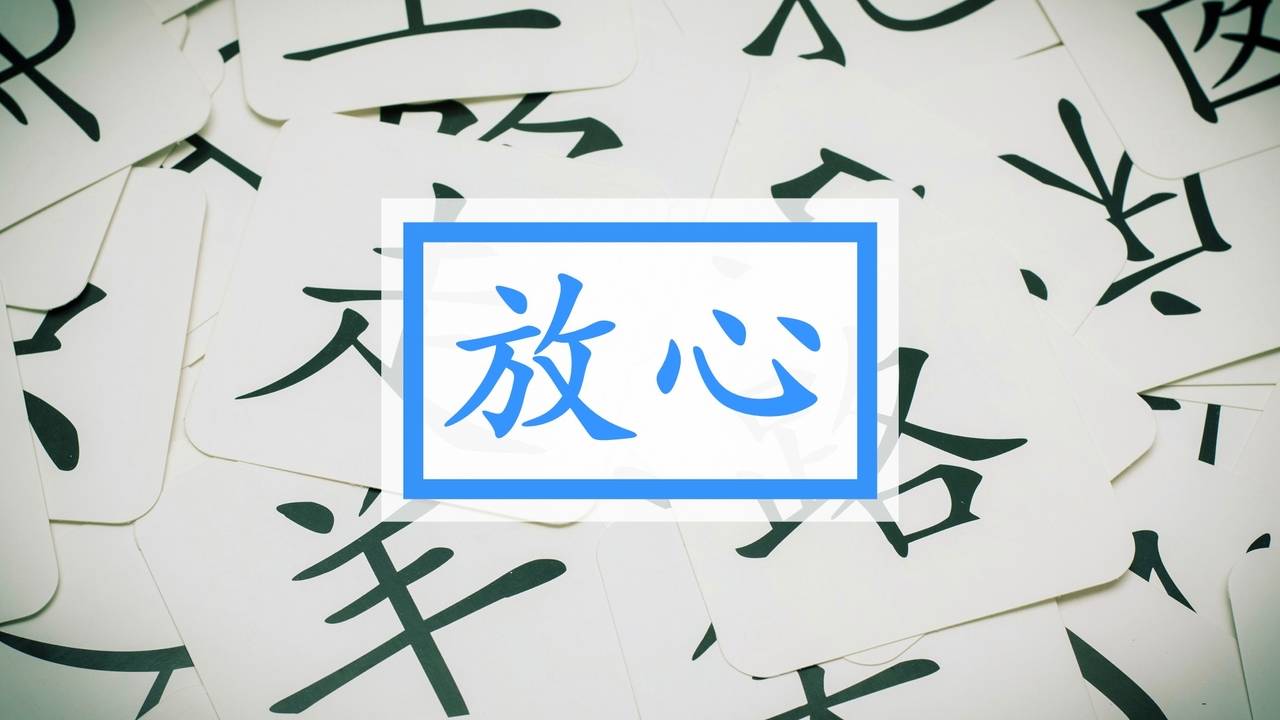
放心 in Context
27
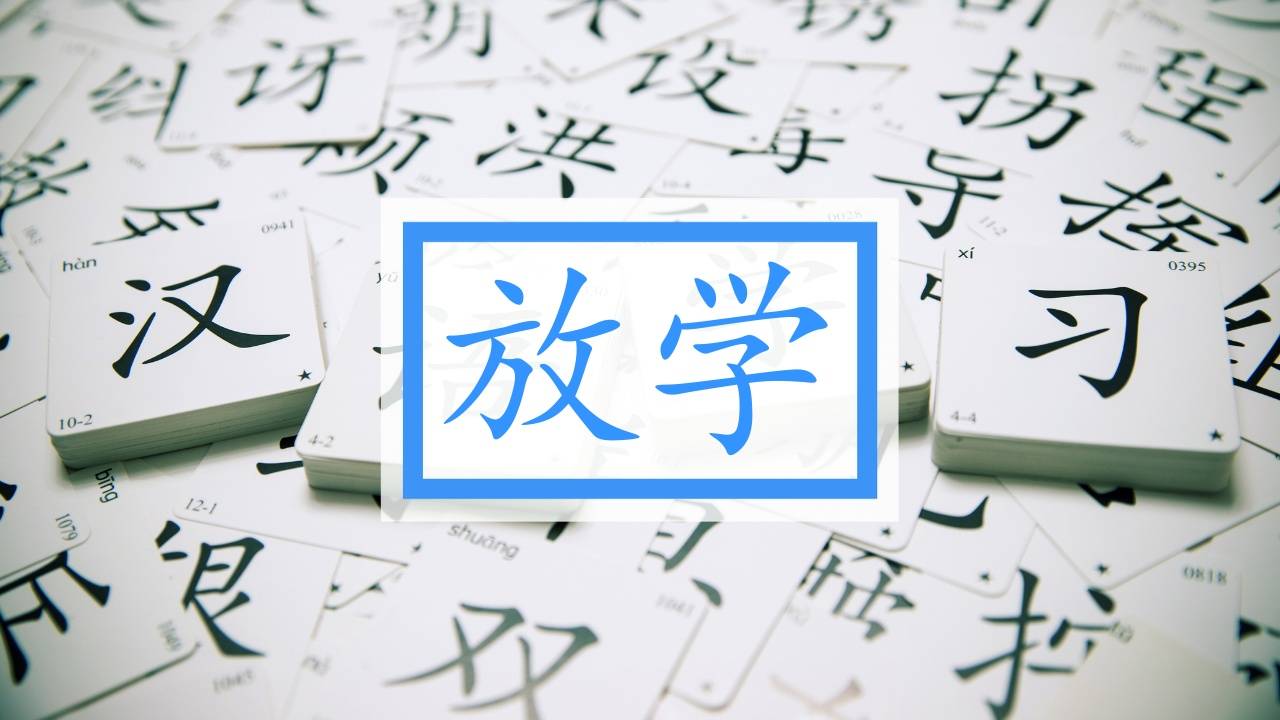
放学 in Context
28

房子 in Context
29
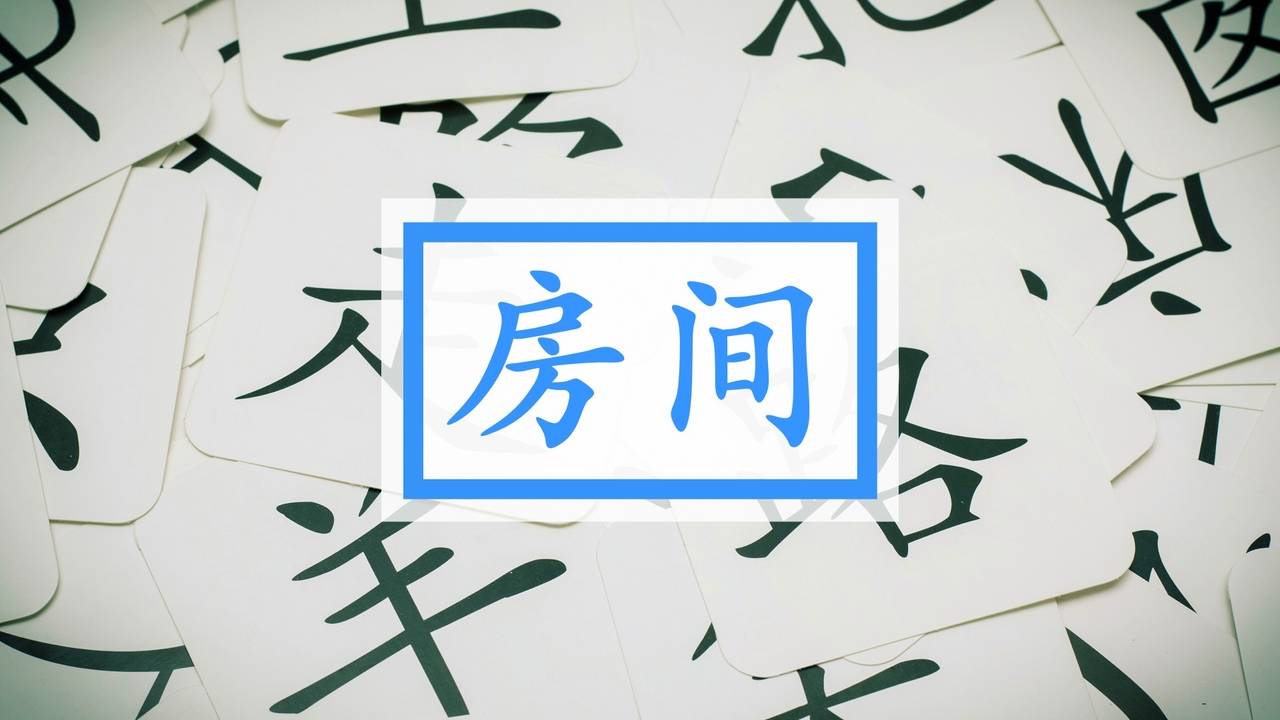
房间 in Context
30

房东 in Context
31
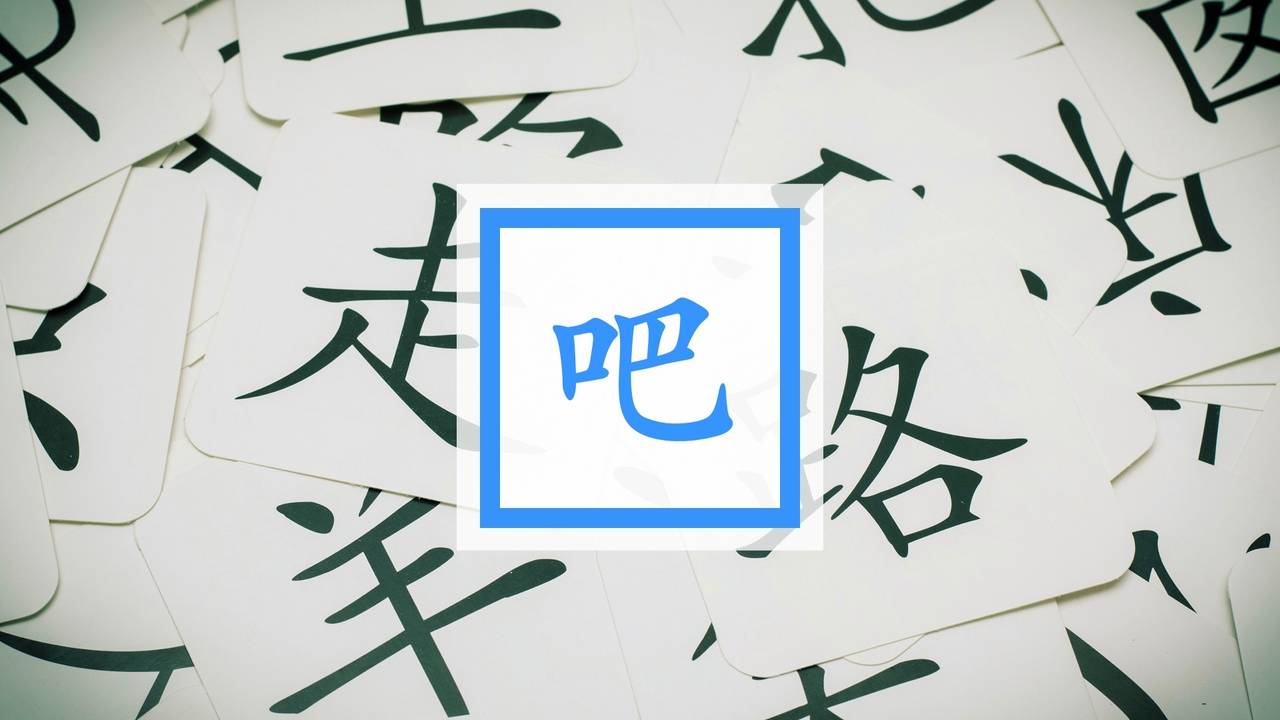
吧 in Context
32
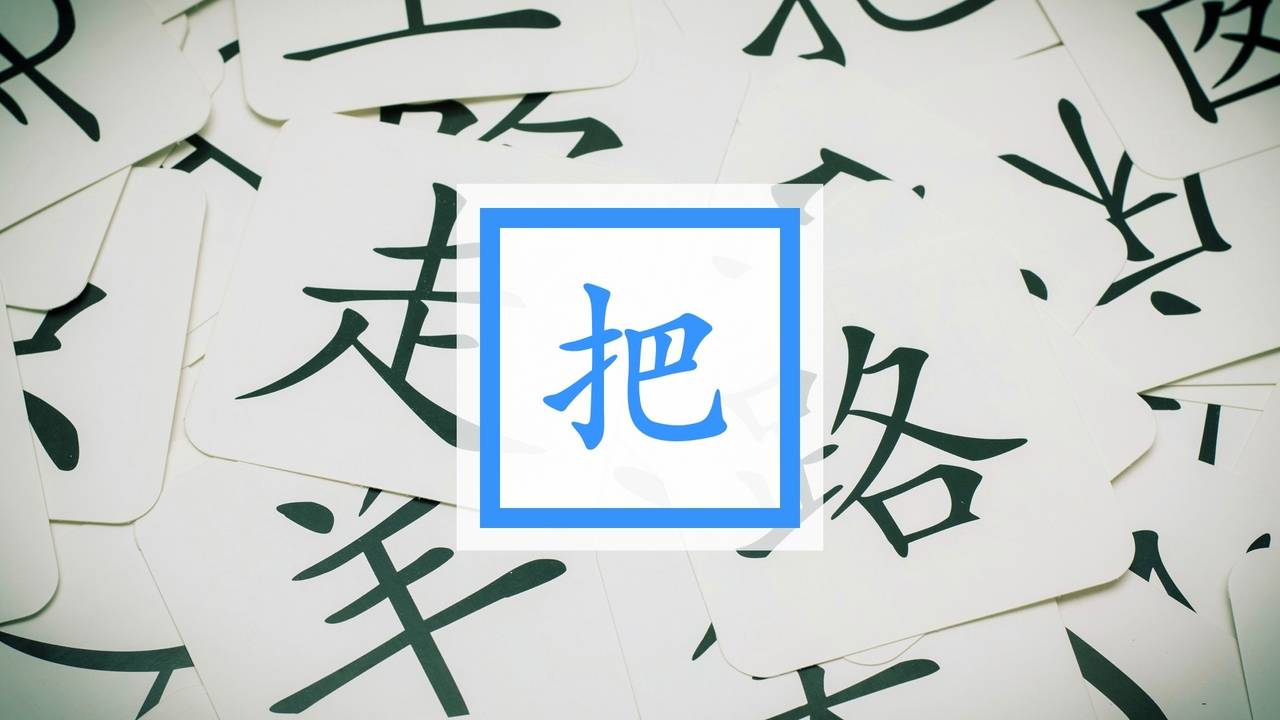
把 in Context
33
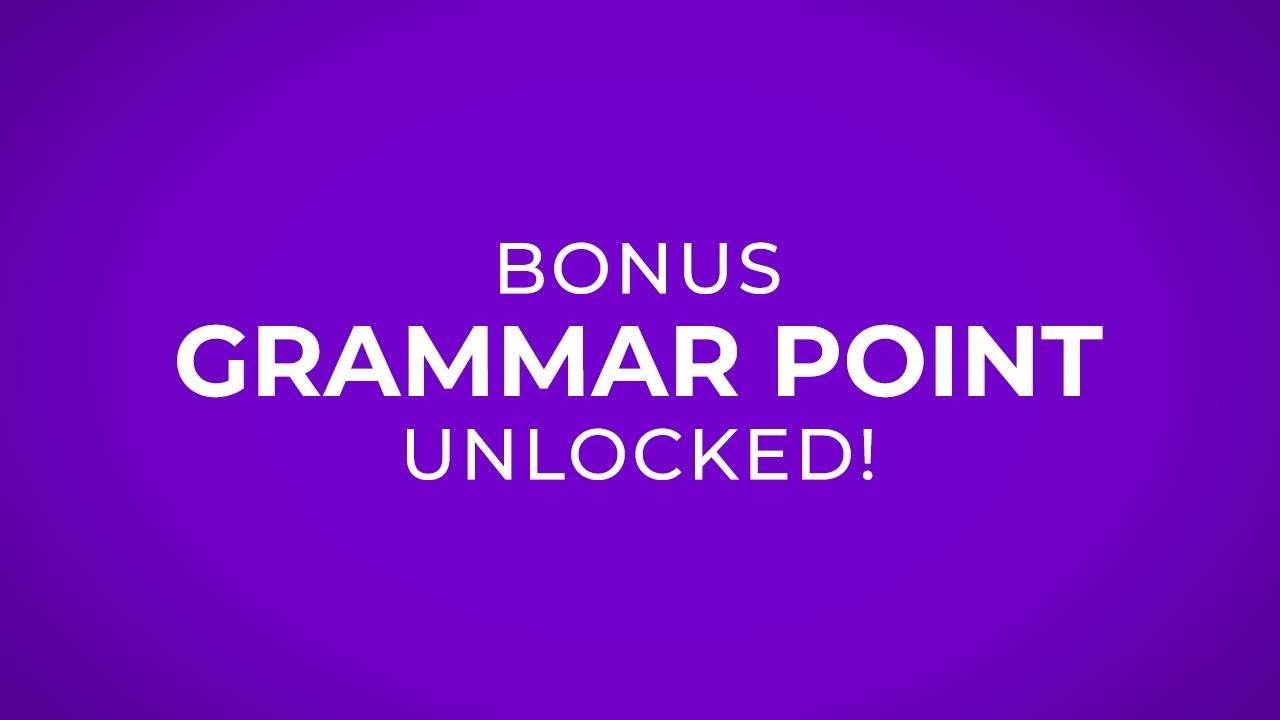
BONUS: Special - How to Use 把 bǎ in Chinese
34
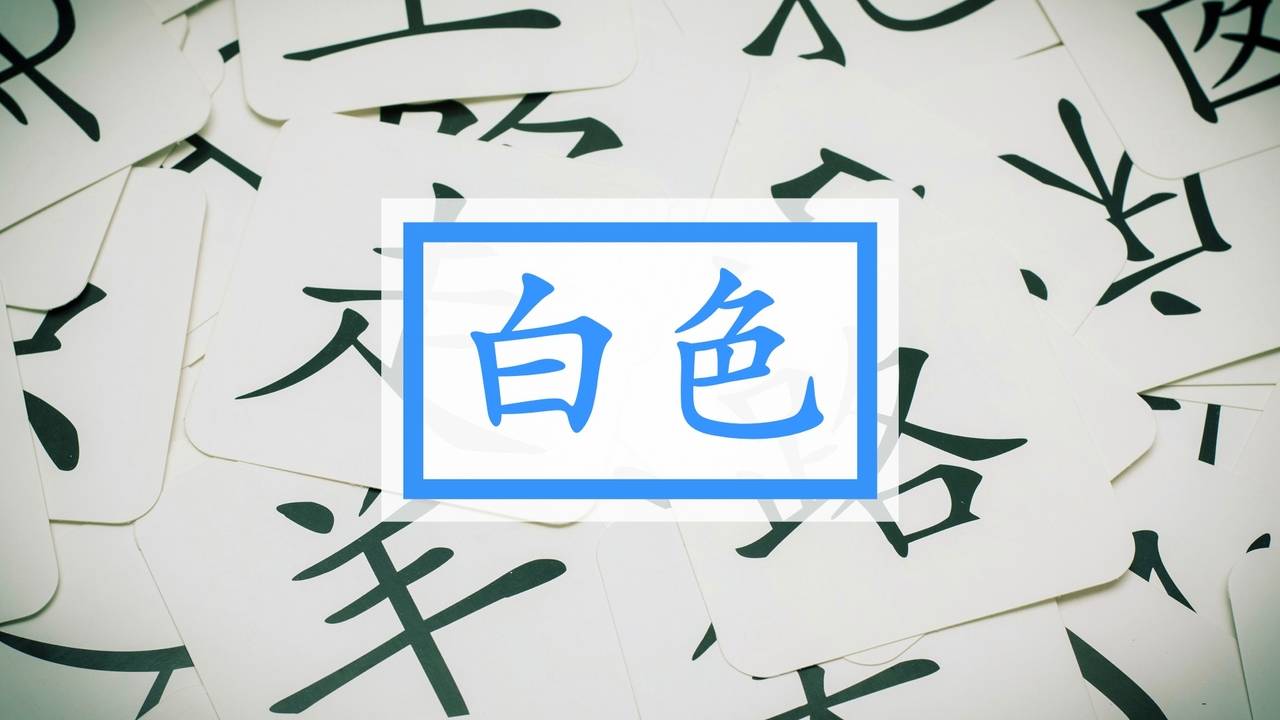
白色 in Context
35
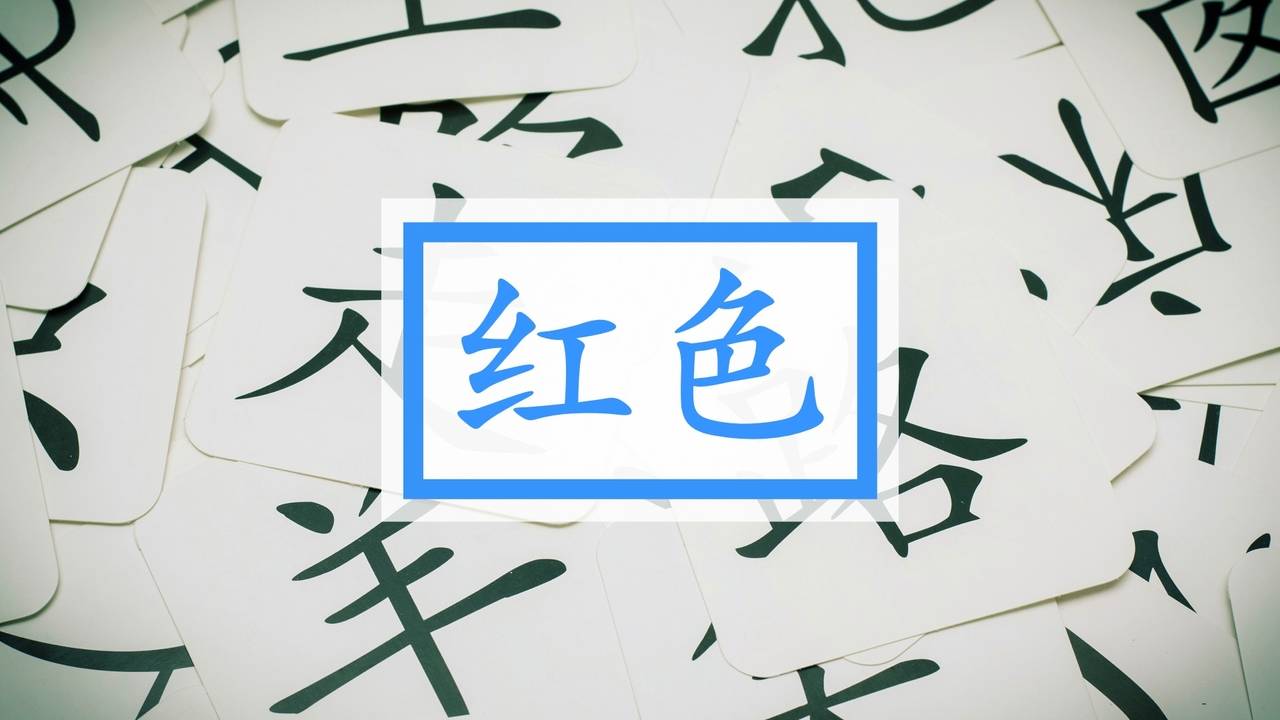
红色 in Context
36
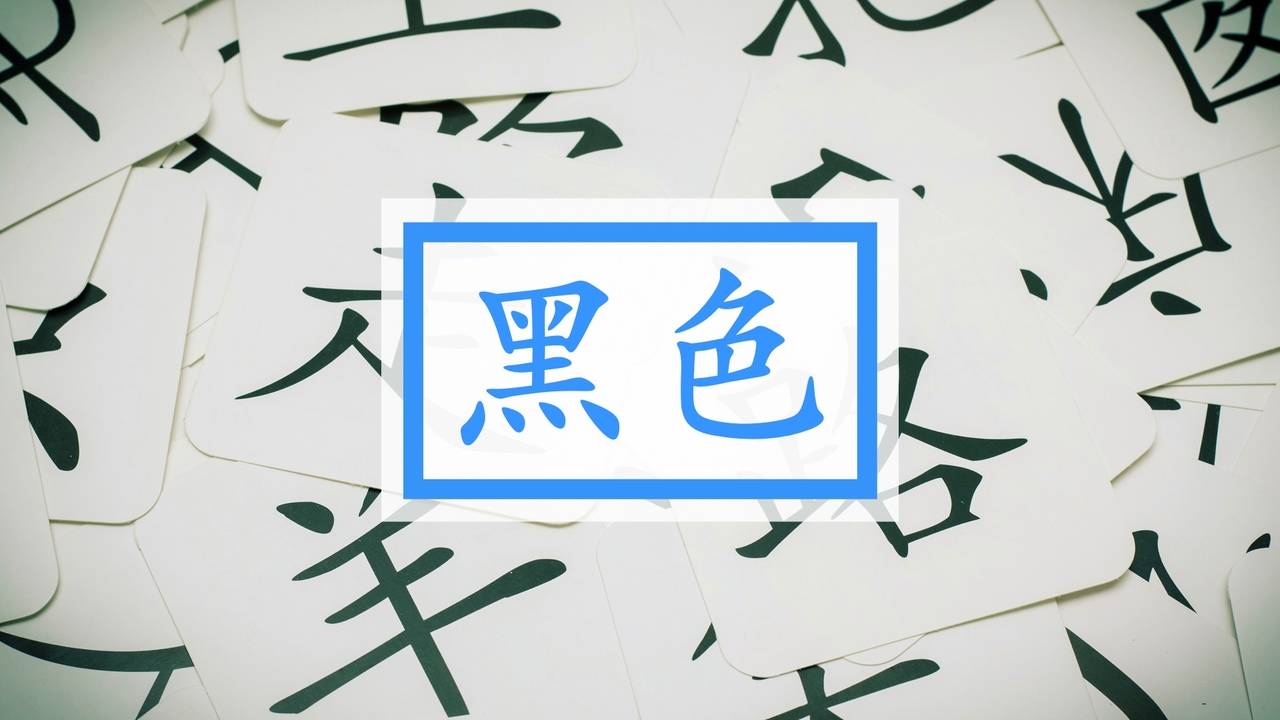
黑色 in Context
37
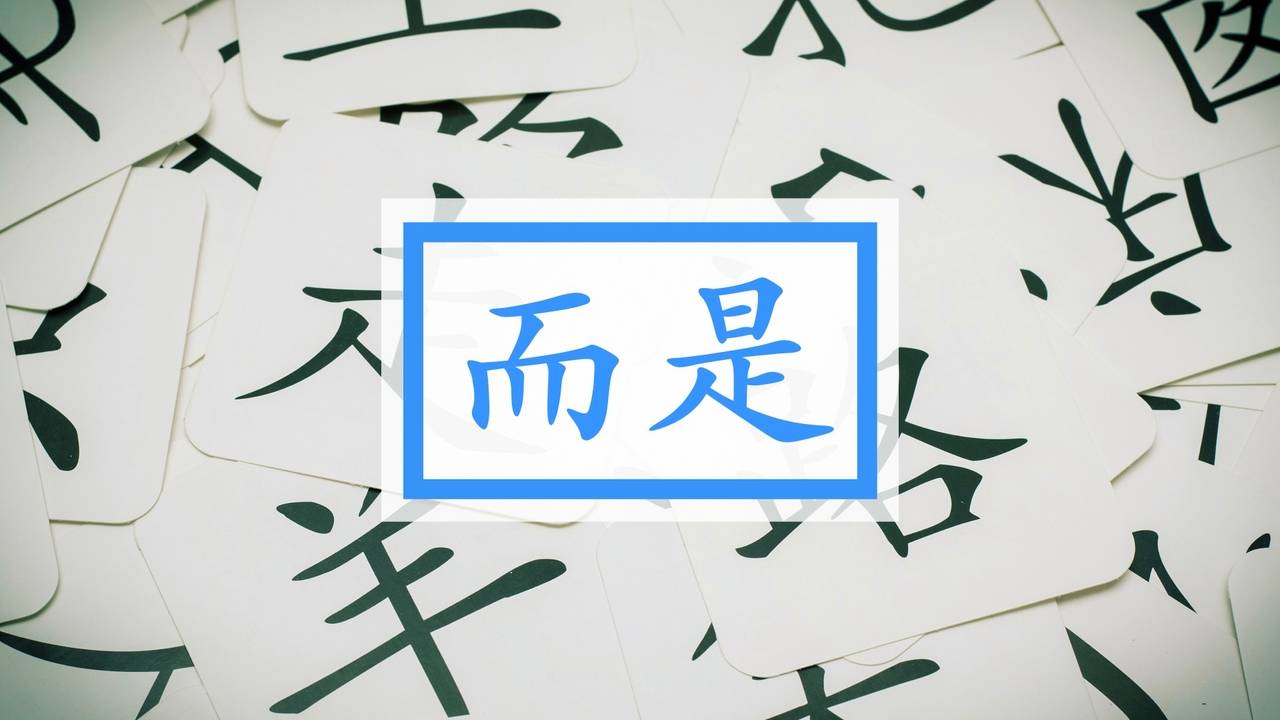
而是 in Context
38
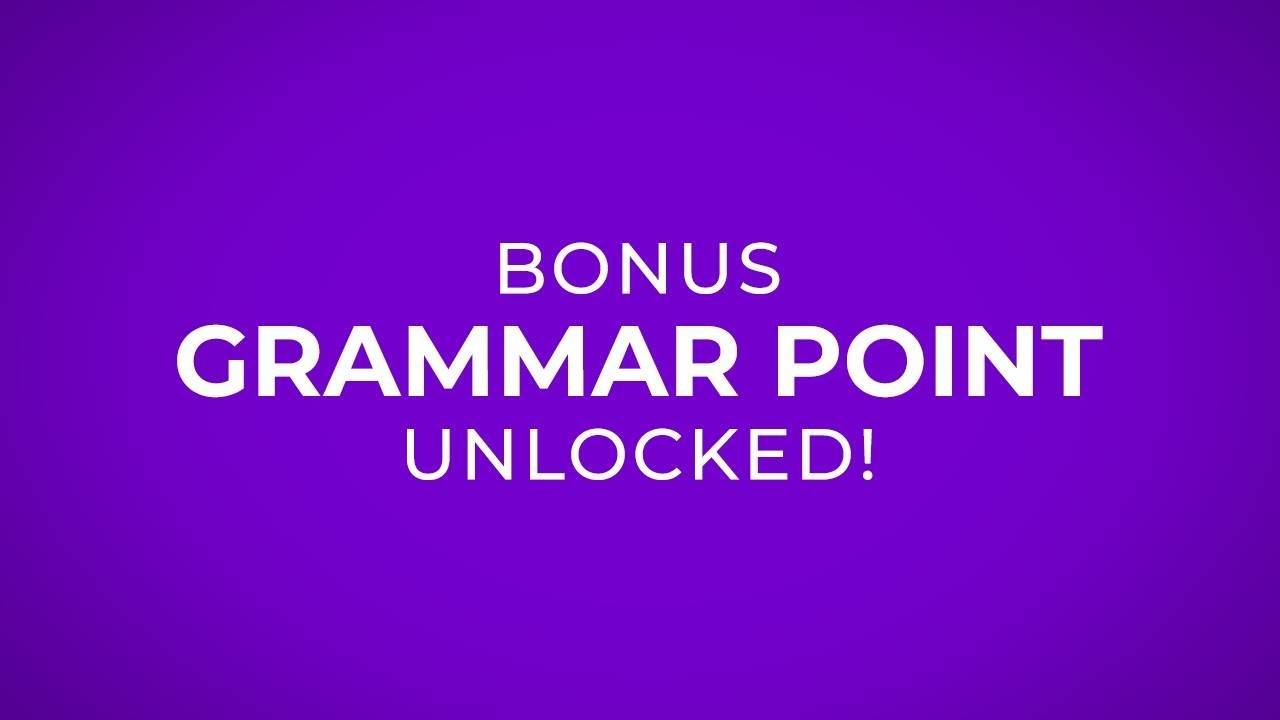
BONUS: Connector - Expressing 'Not This, Instead That' with 不是..., 而是...
39
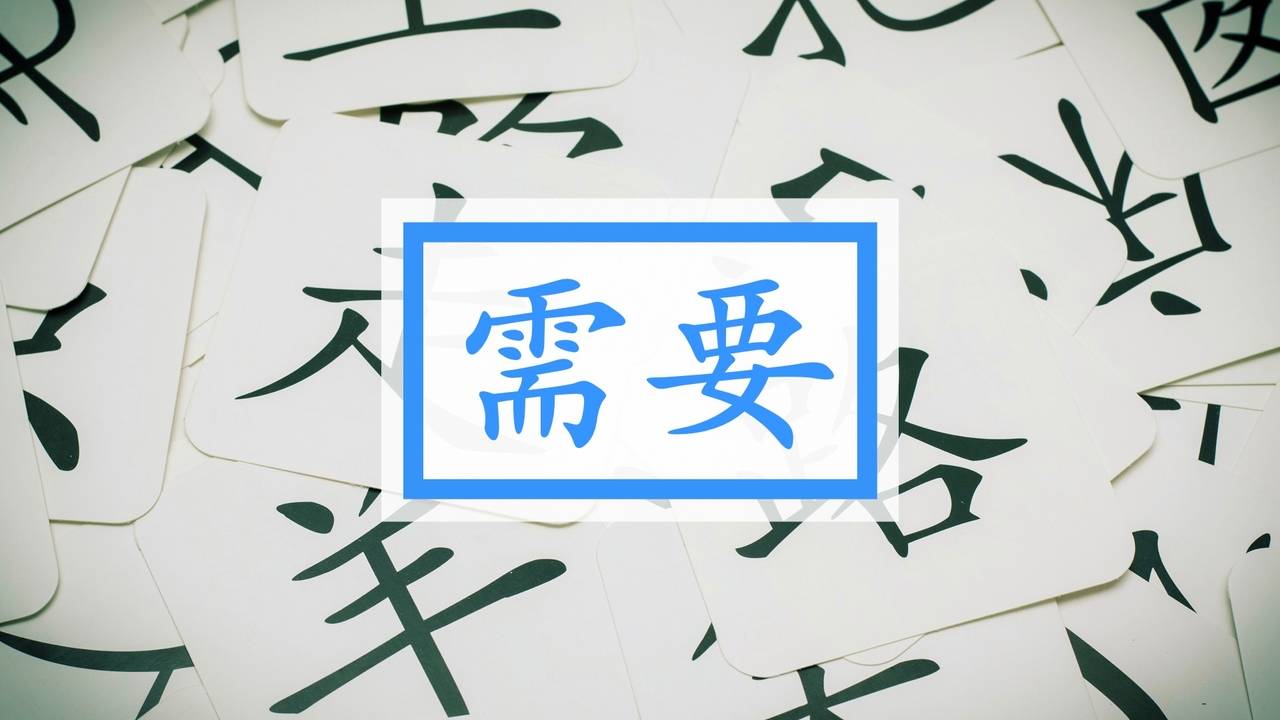
需要 in Context
Next Character
房东 in Context
CONGRATULATIONS!
A NEW WORD HAS BEEN UNLOCKED
房东
Usage 1 - "landlord":
Sentence:
今天早上房东来收房租。
English:
This morning the landlord came to collect rent.
Top-Down Words:
房租 fángzū - rent money
Need a Reminder?
The Six Steps to Learning Words
Understanding Chinese Words - Morphemes
Member Comments from 2019-mid-2020
Do you also want to leave a comment? You can do so below!
Mason Royal
For anyone curious as why "East" is used in landlord (as I was):
According to Outlier, in ancient China the master/host would sit on the eastern side of the table at gatherings.



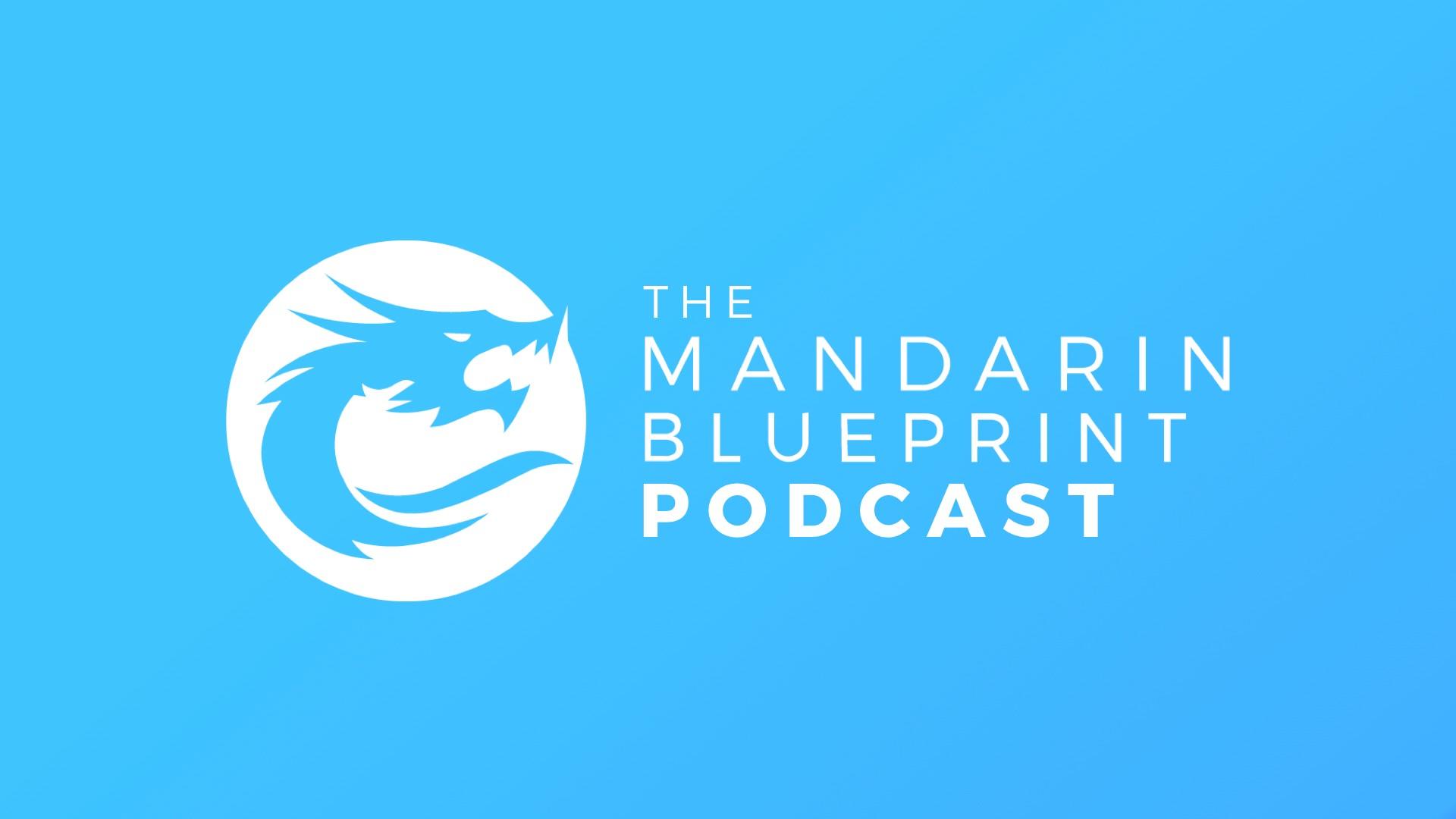
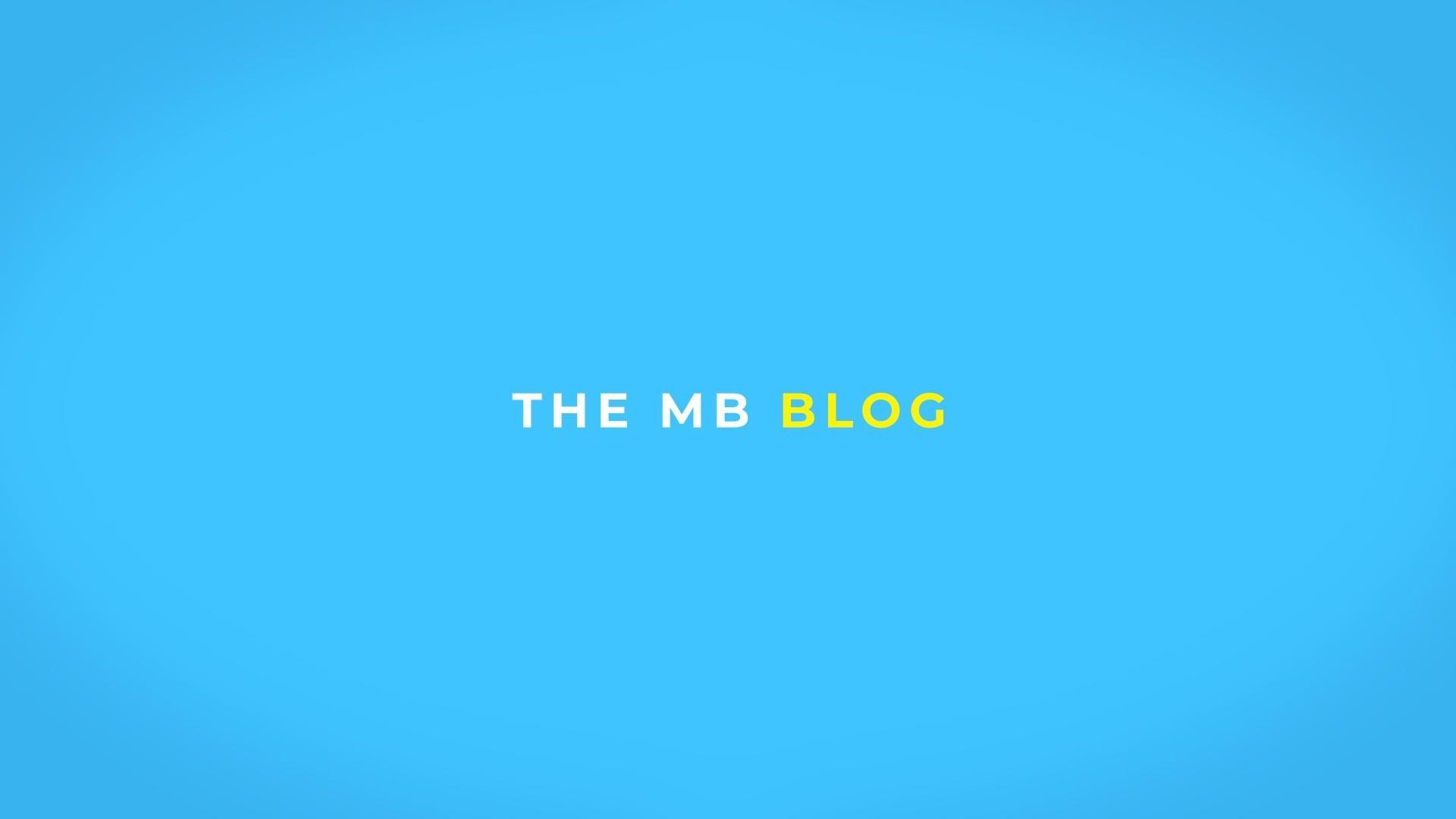
Rick Angleland
I note the comment above, and Outlier do their research, but I heard it is b/c the landlord lived on the east side apartment in traditional courtyard houses. Supposedly it was the best, and the others were rented out.